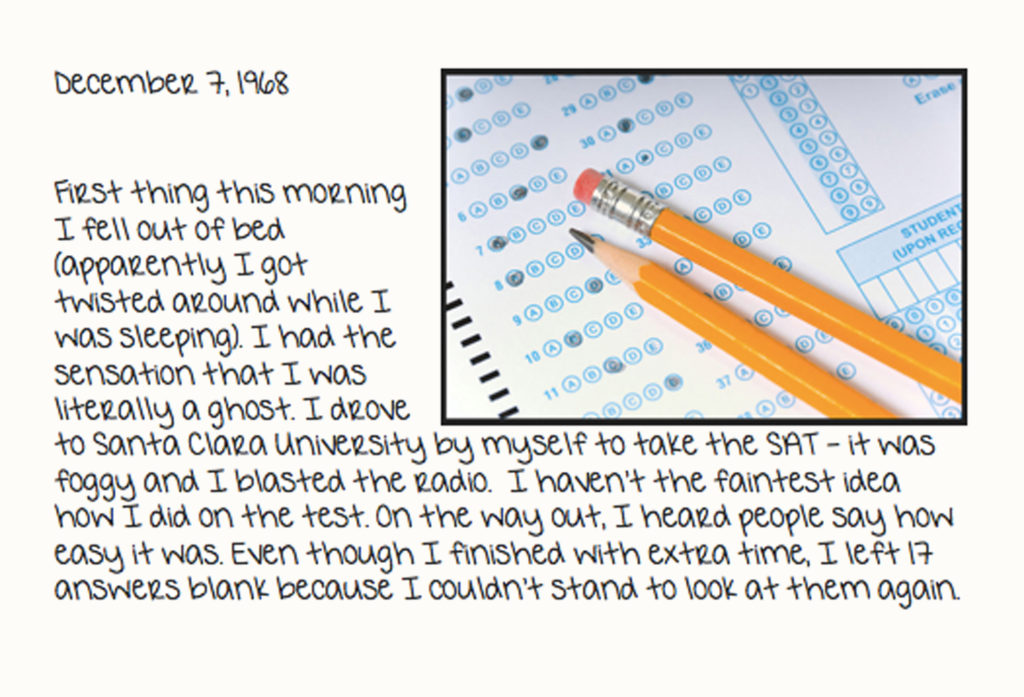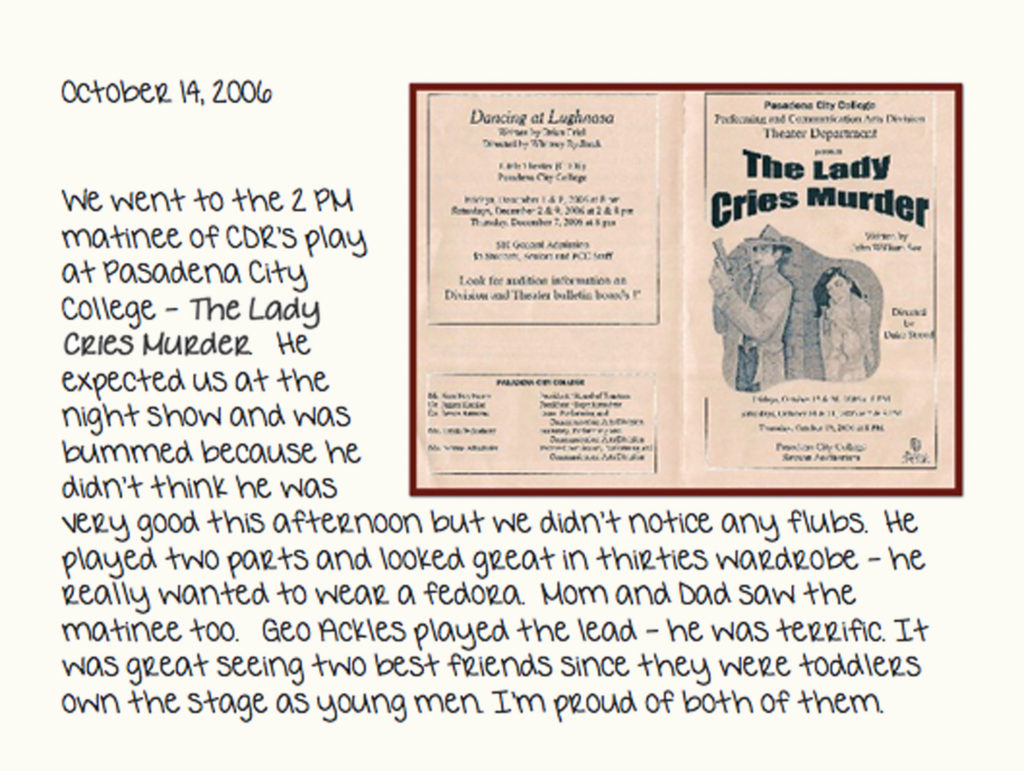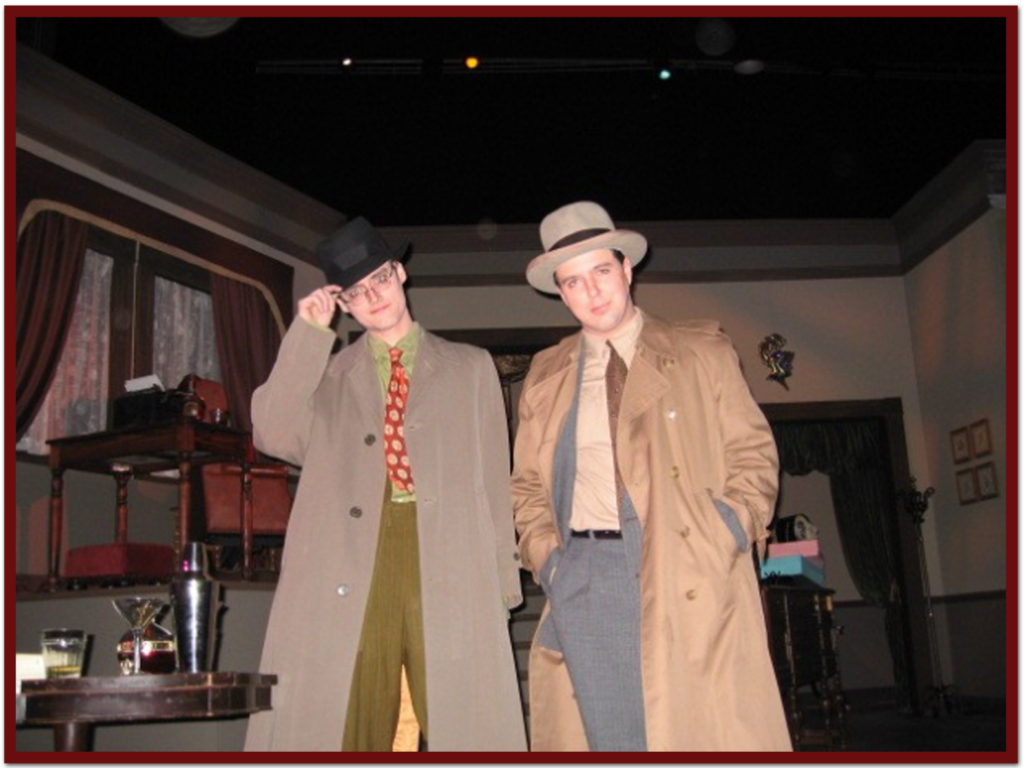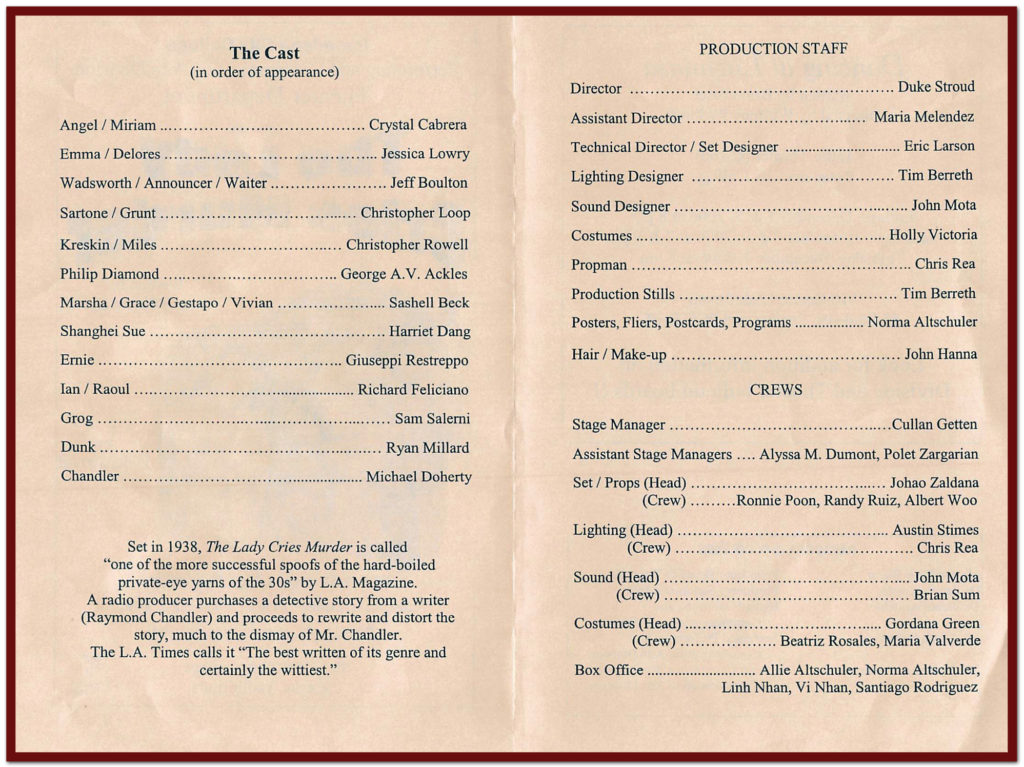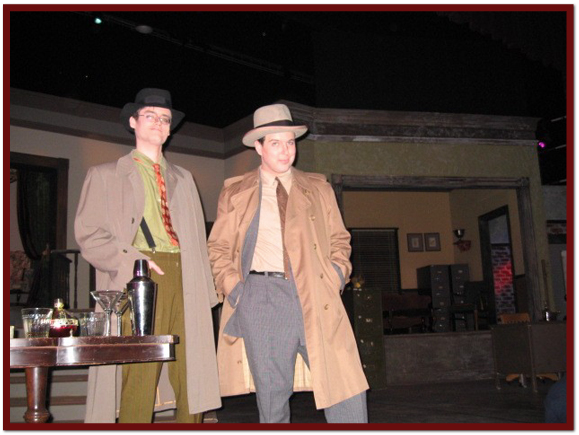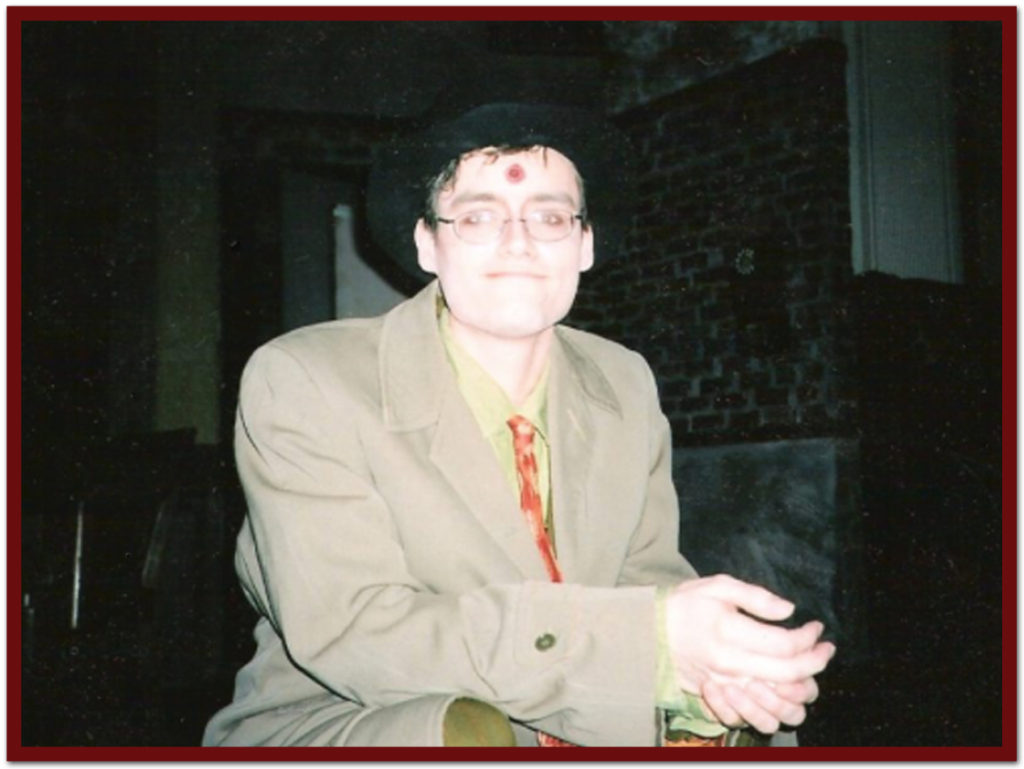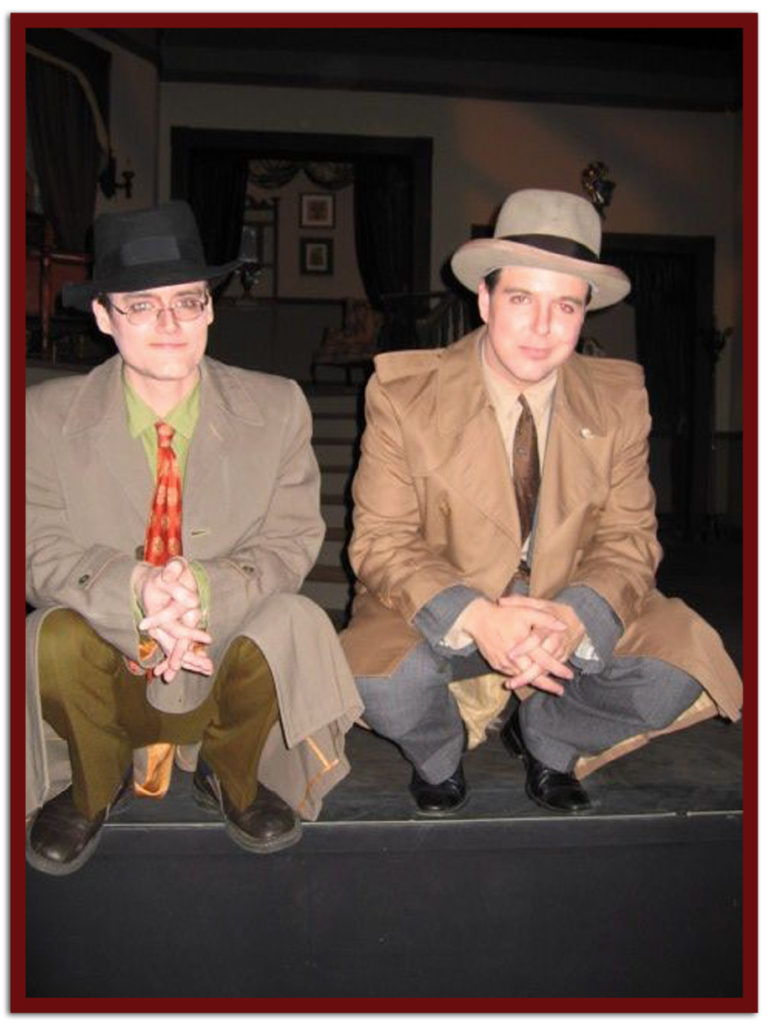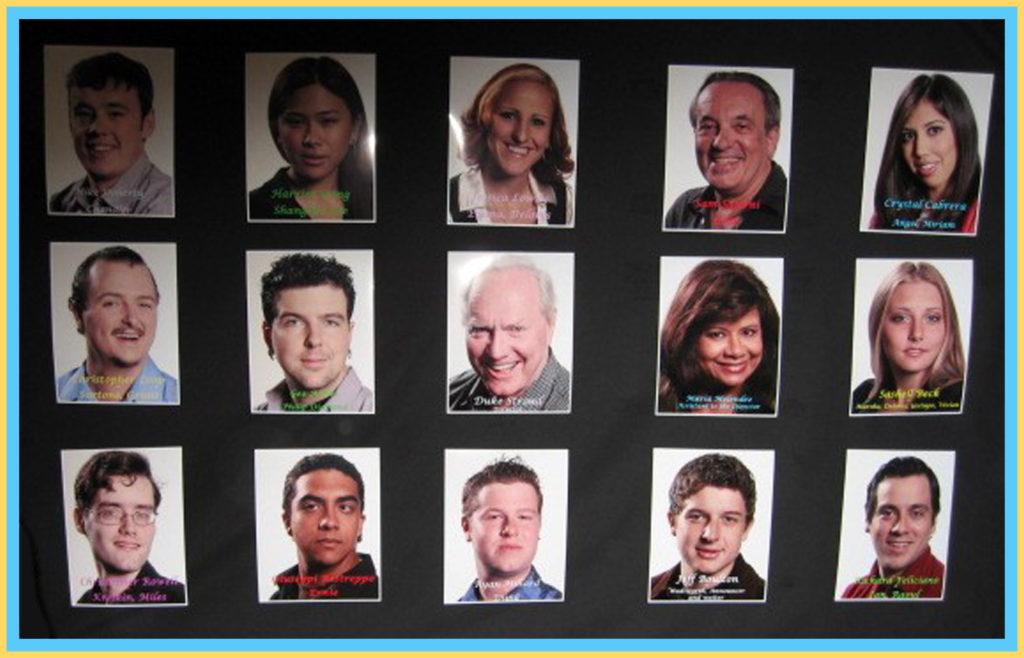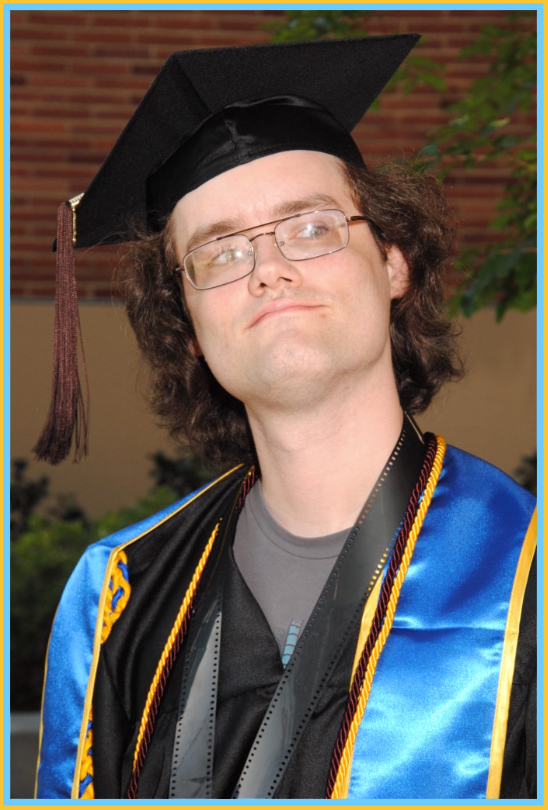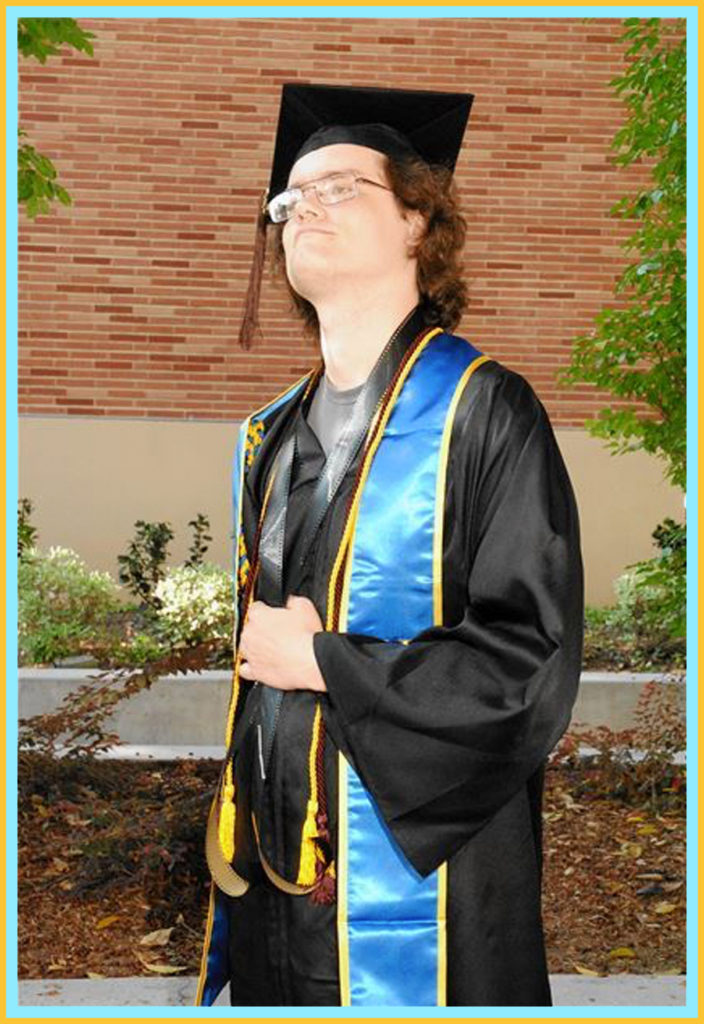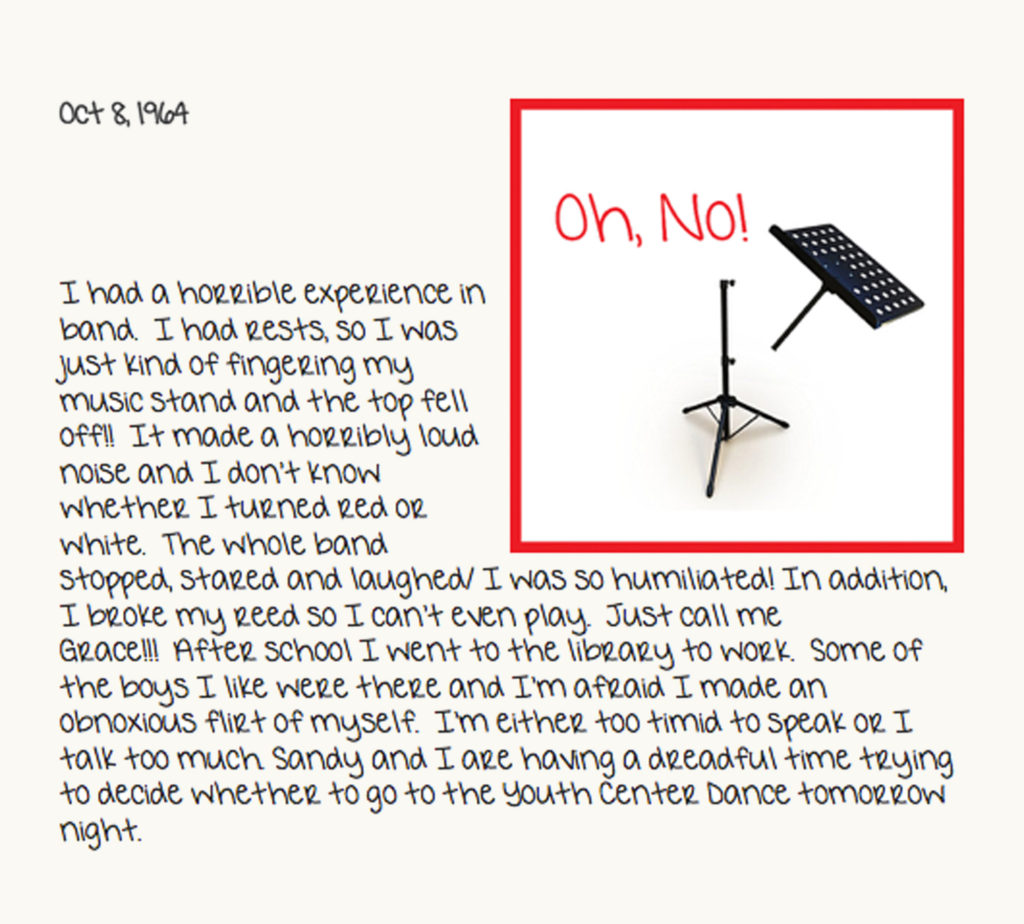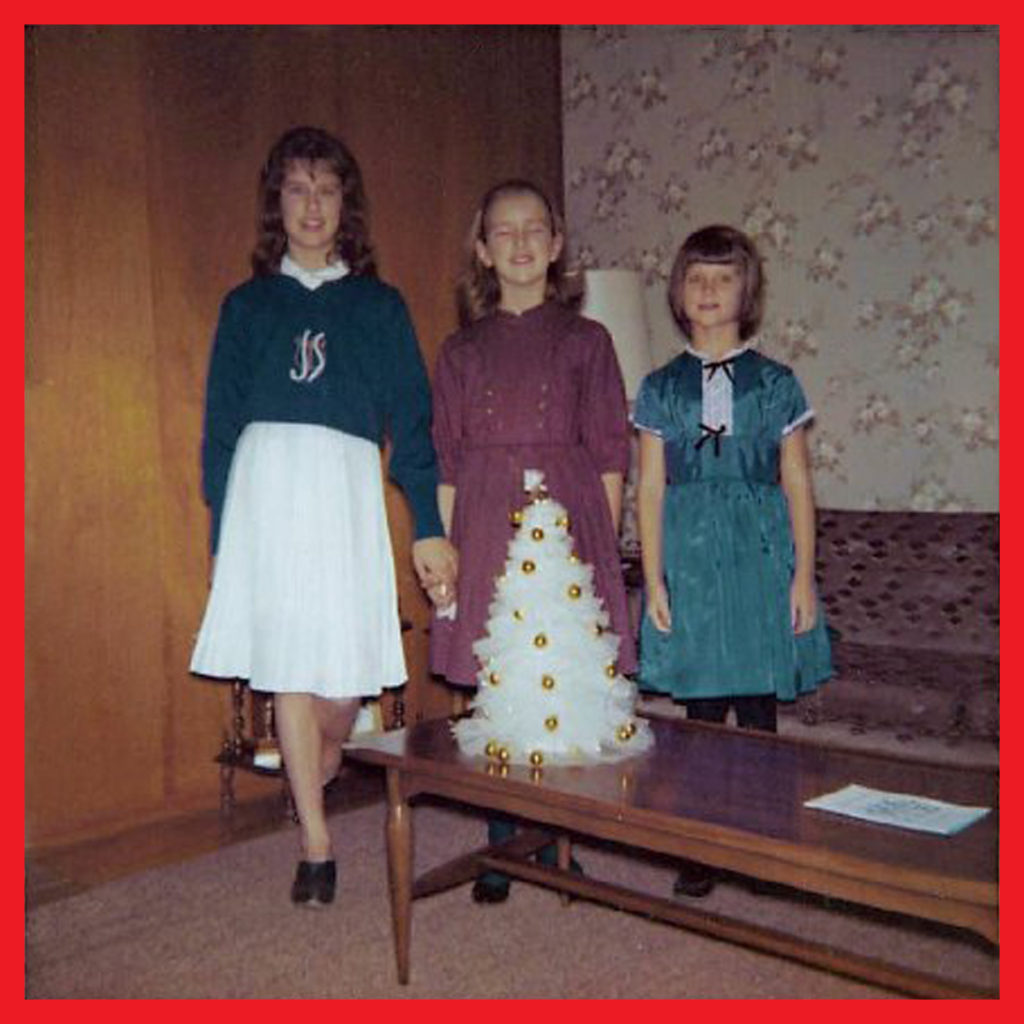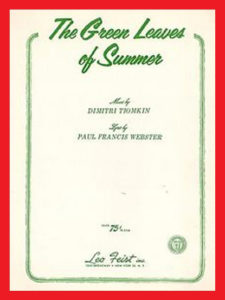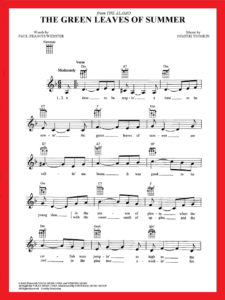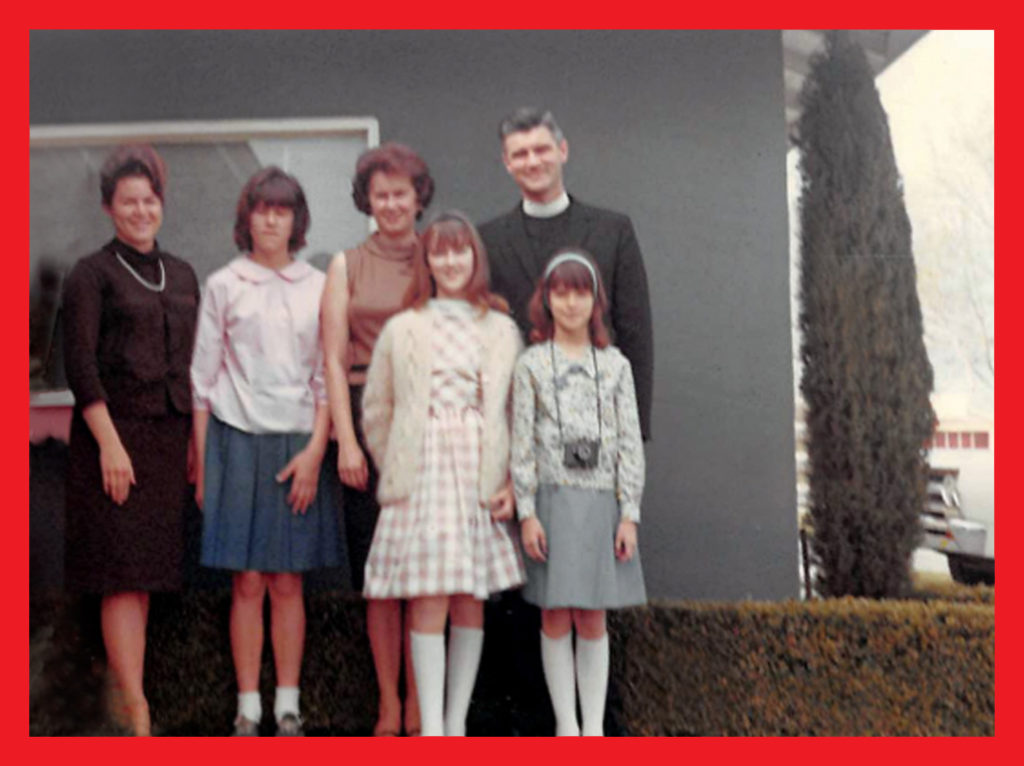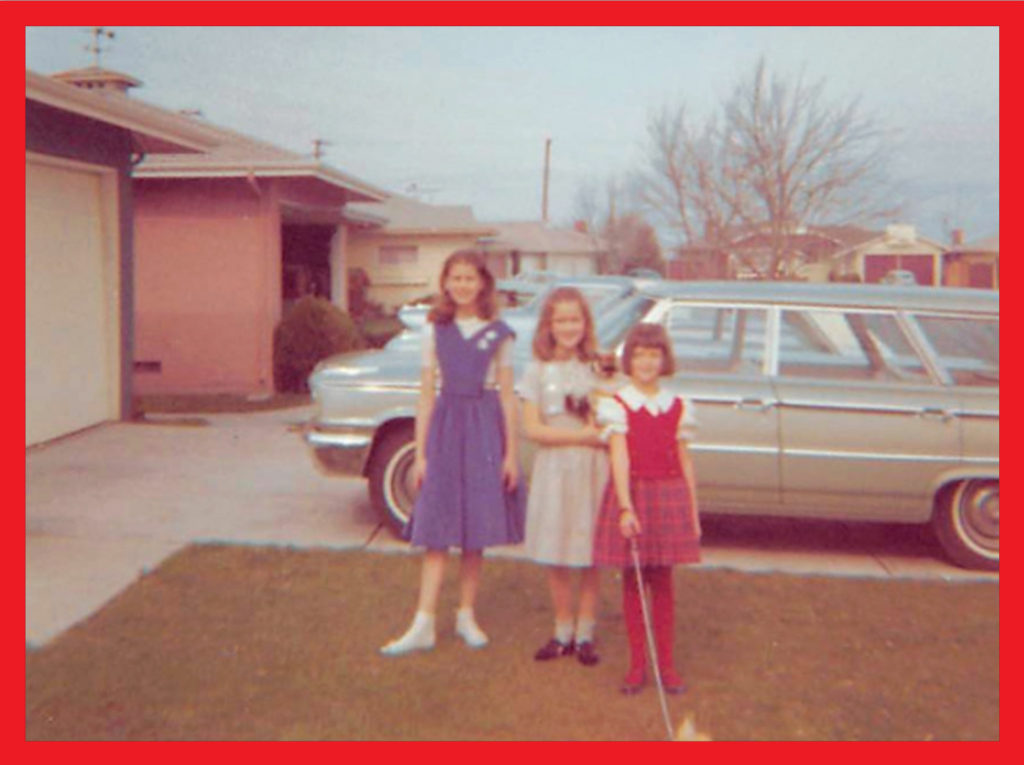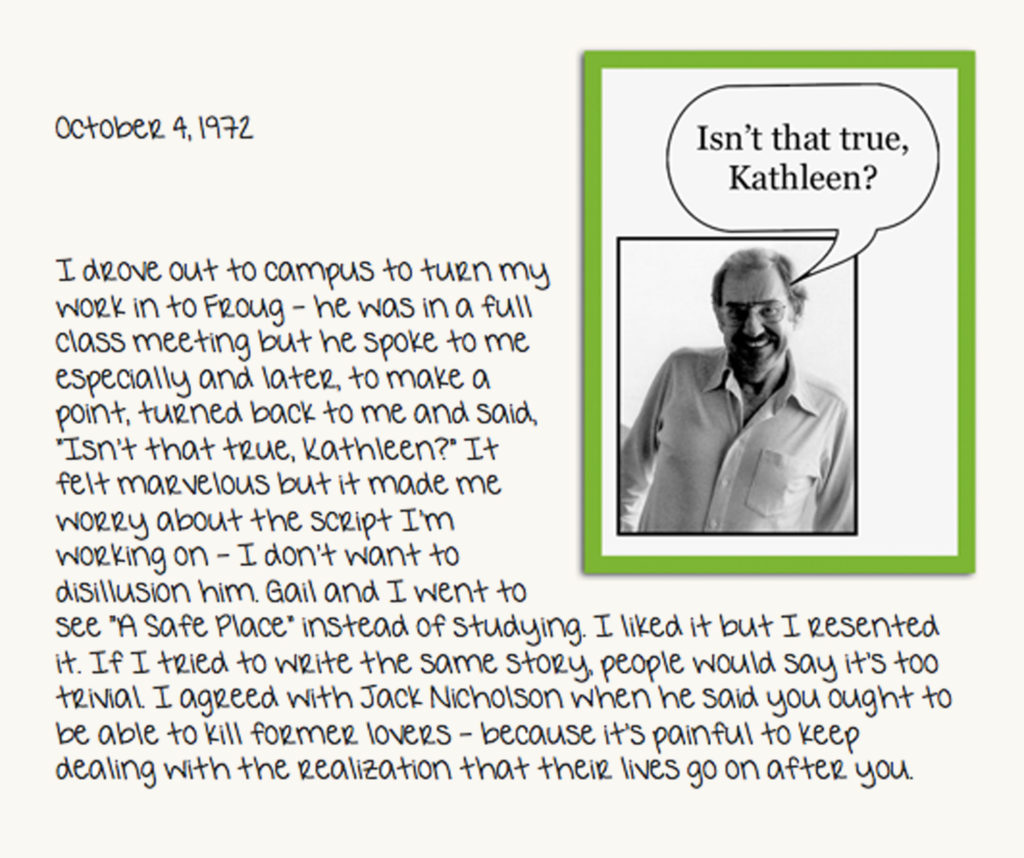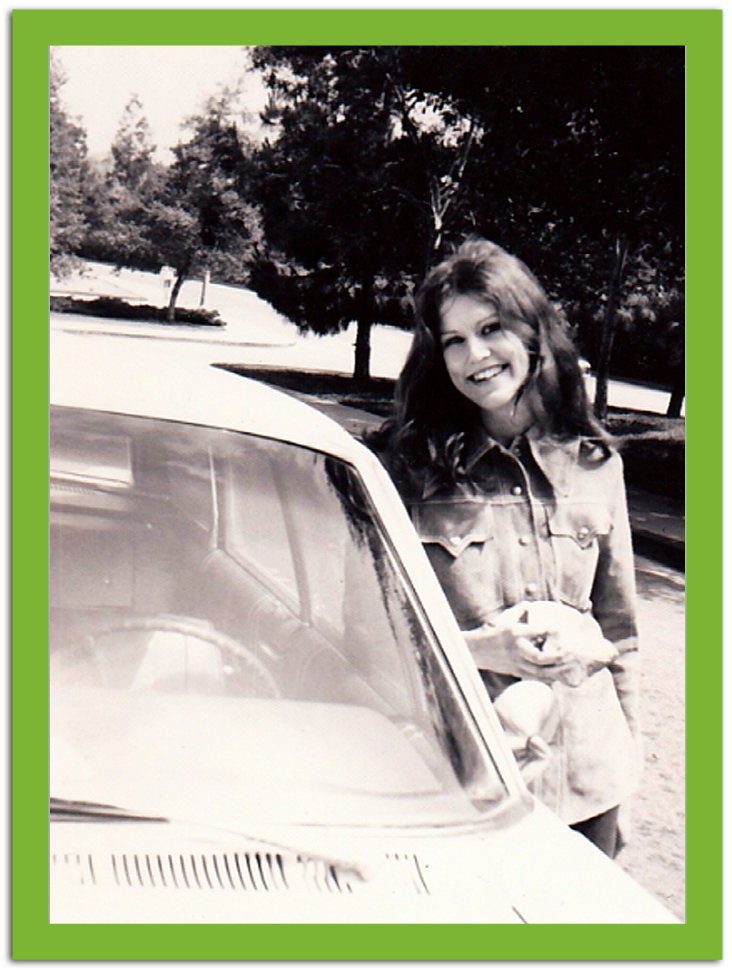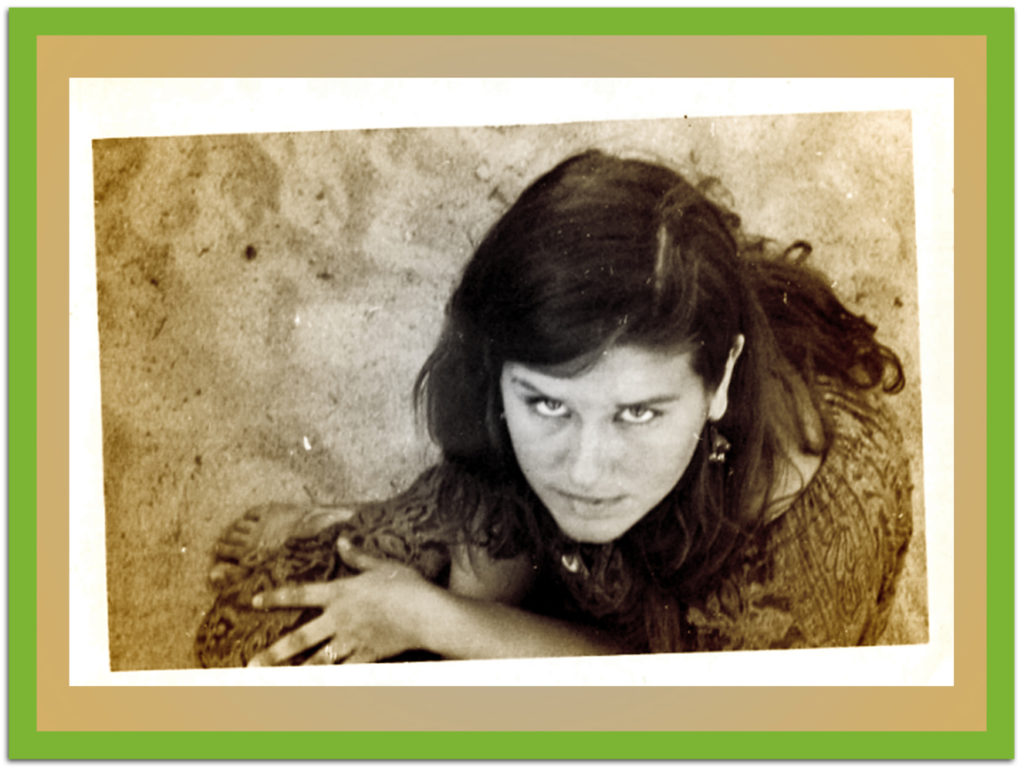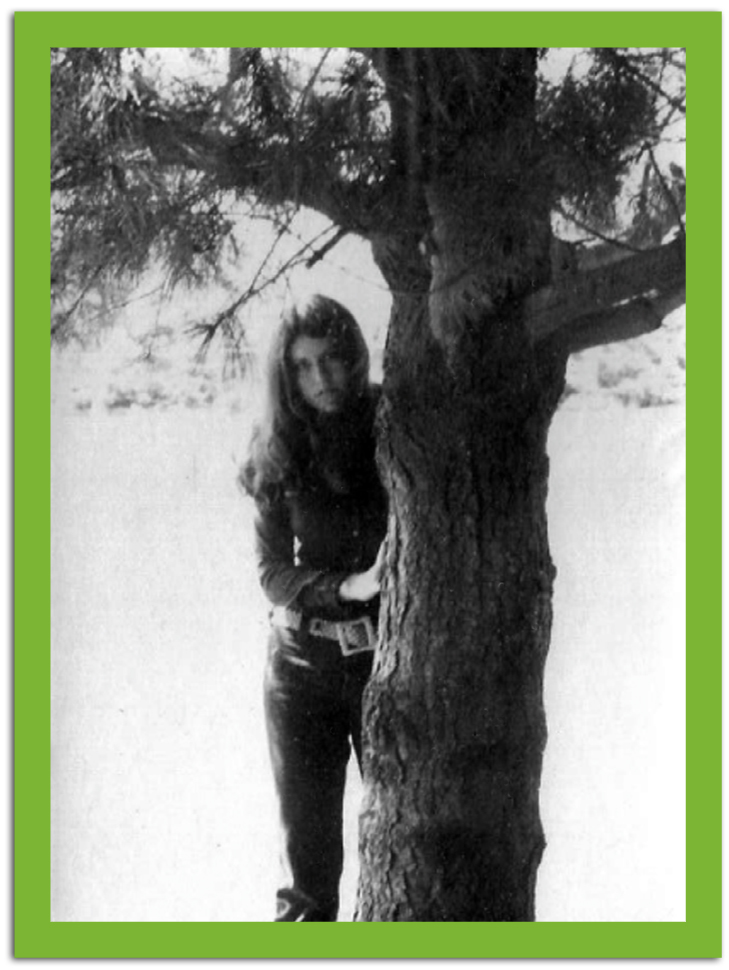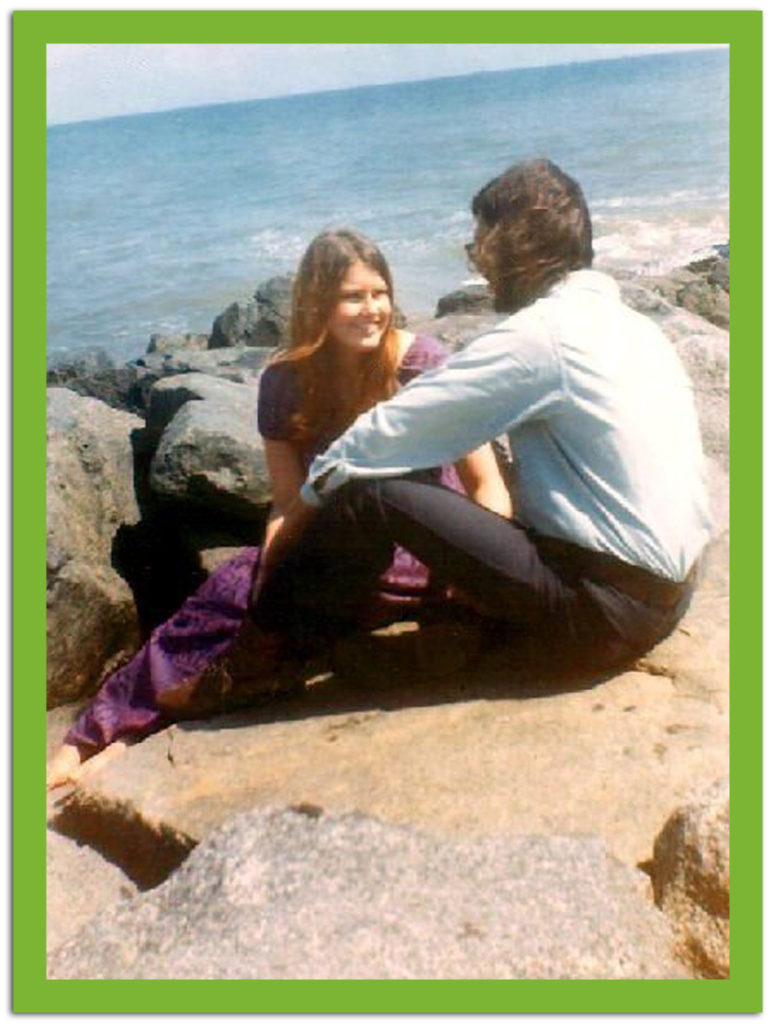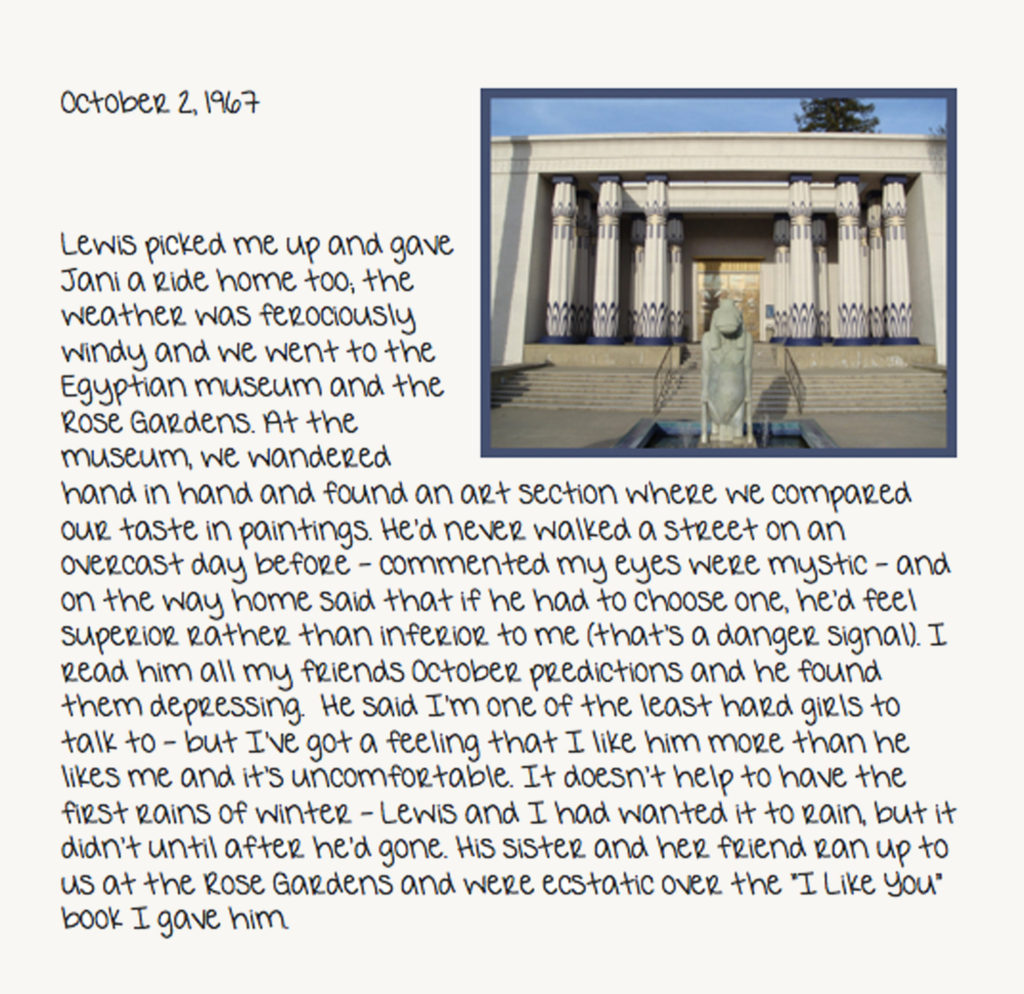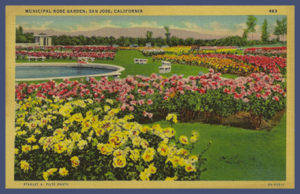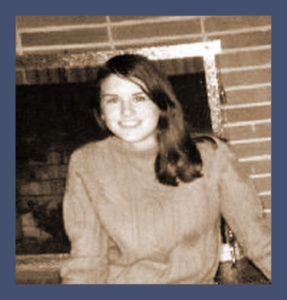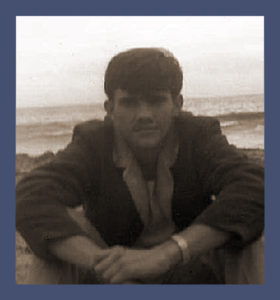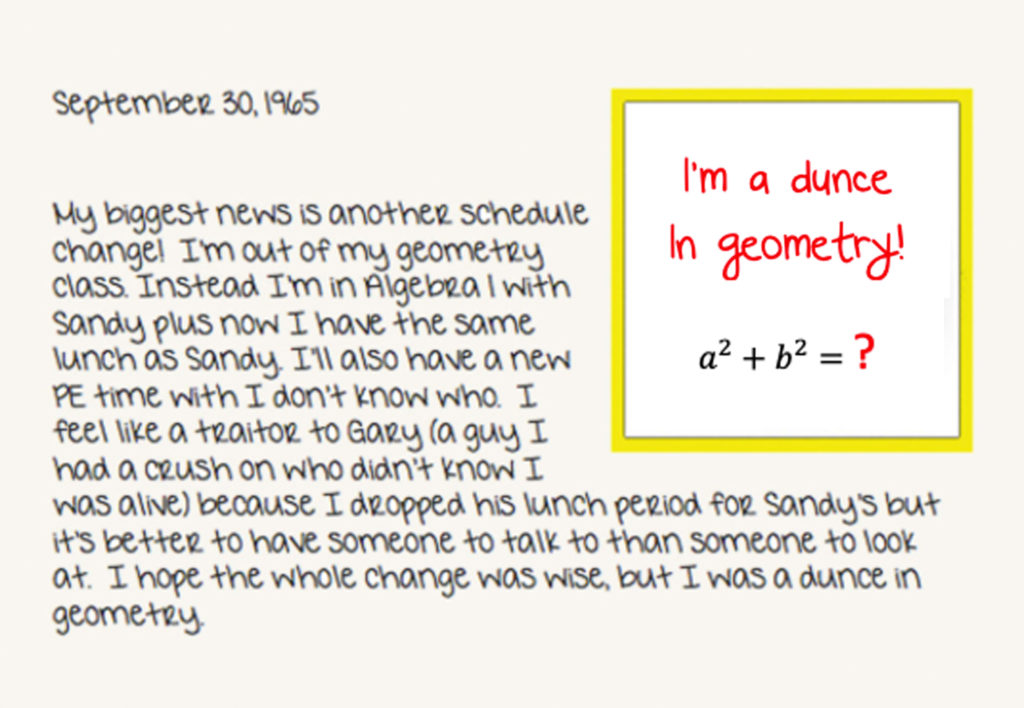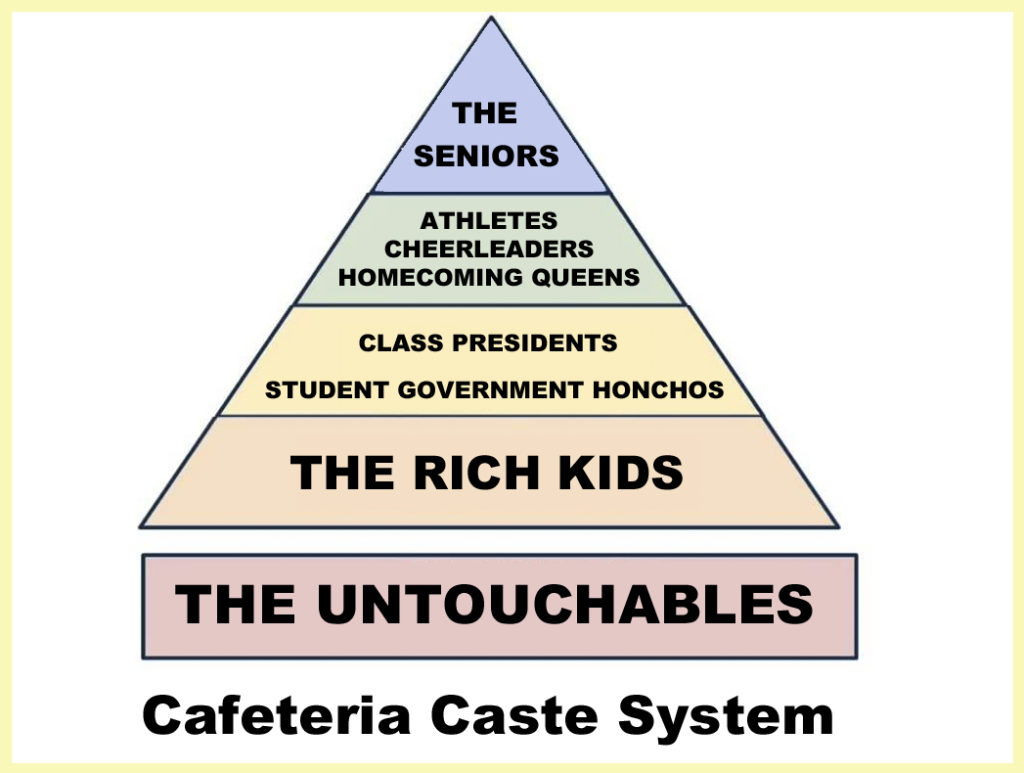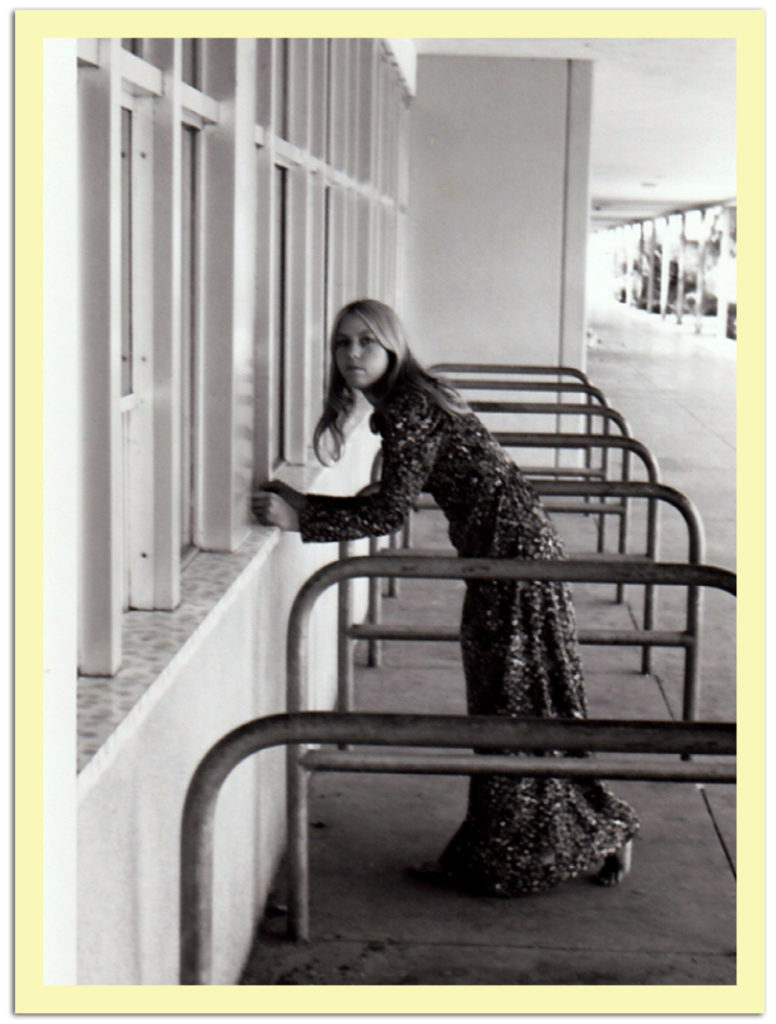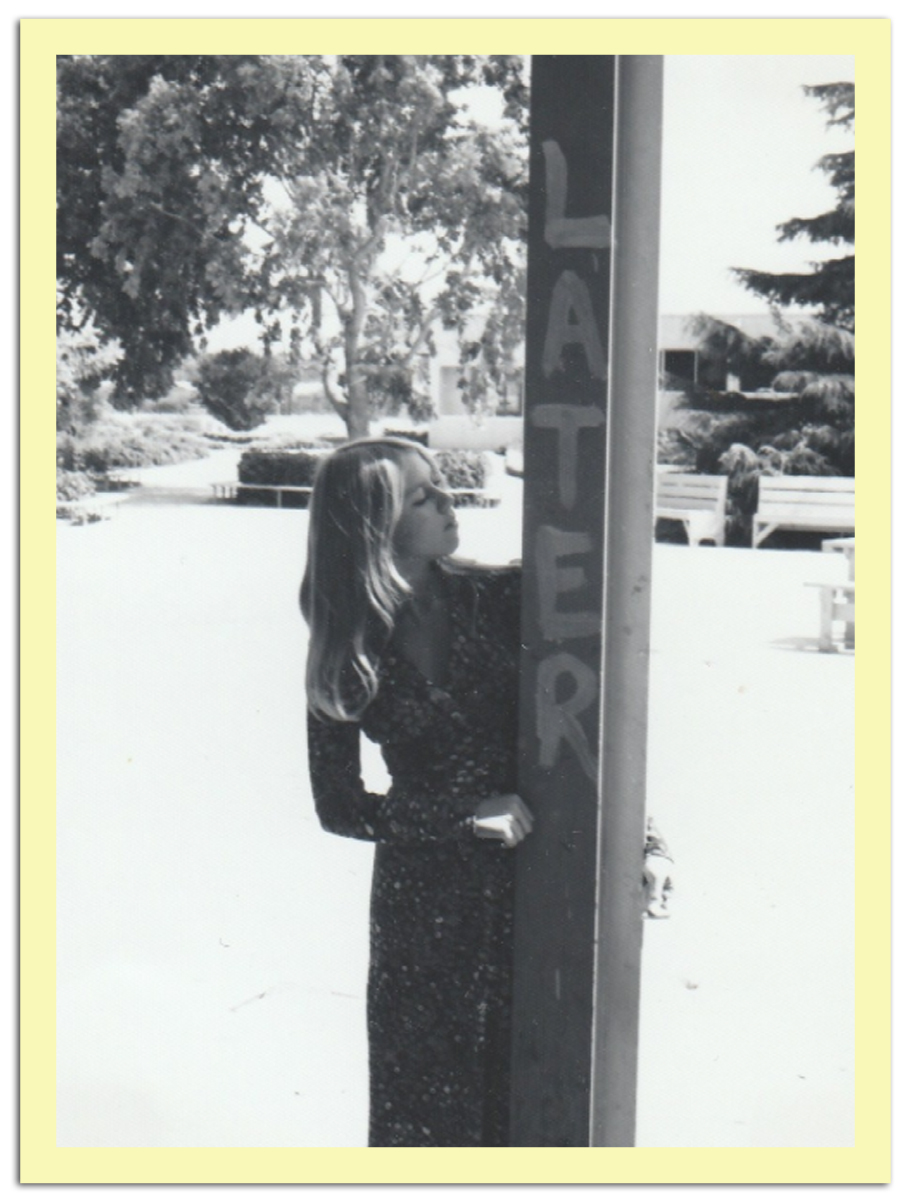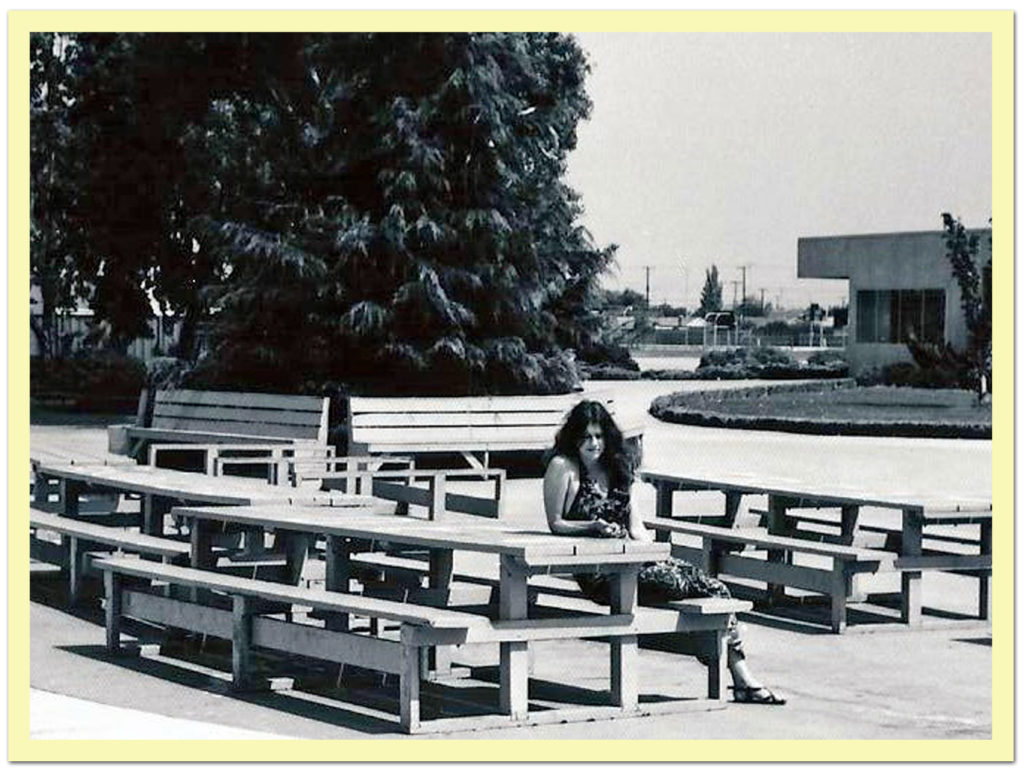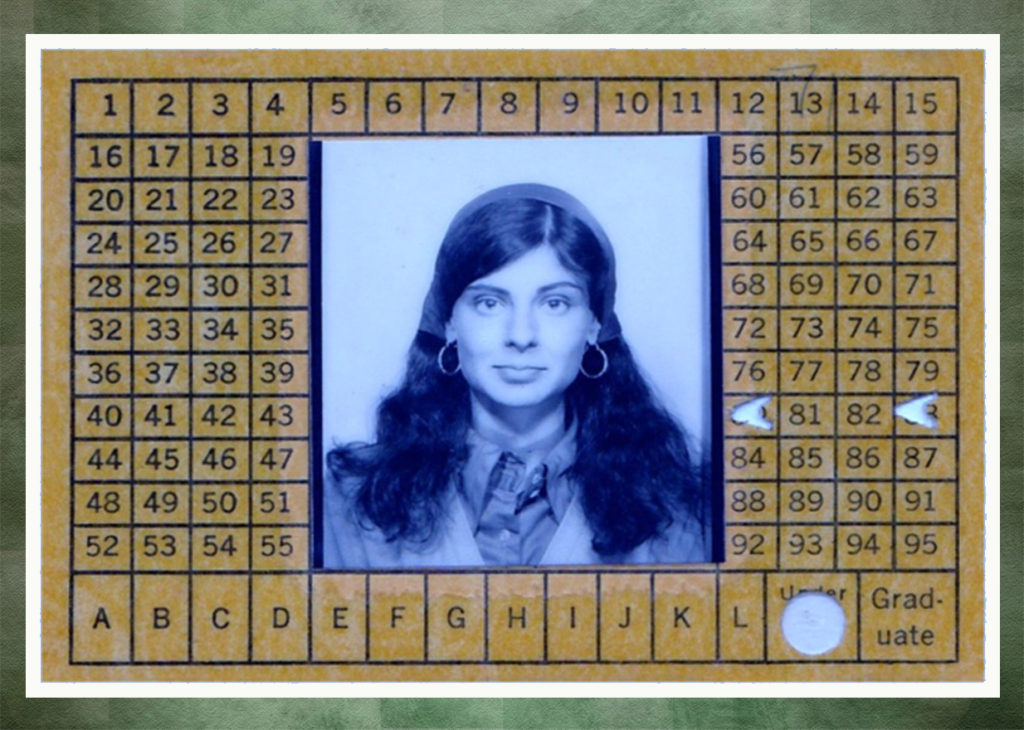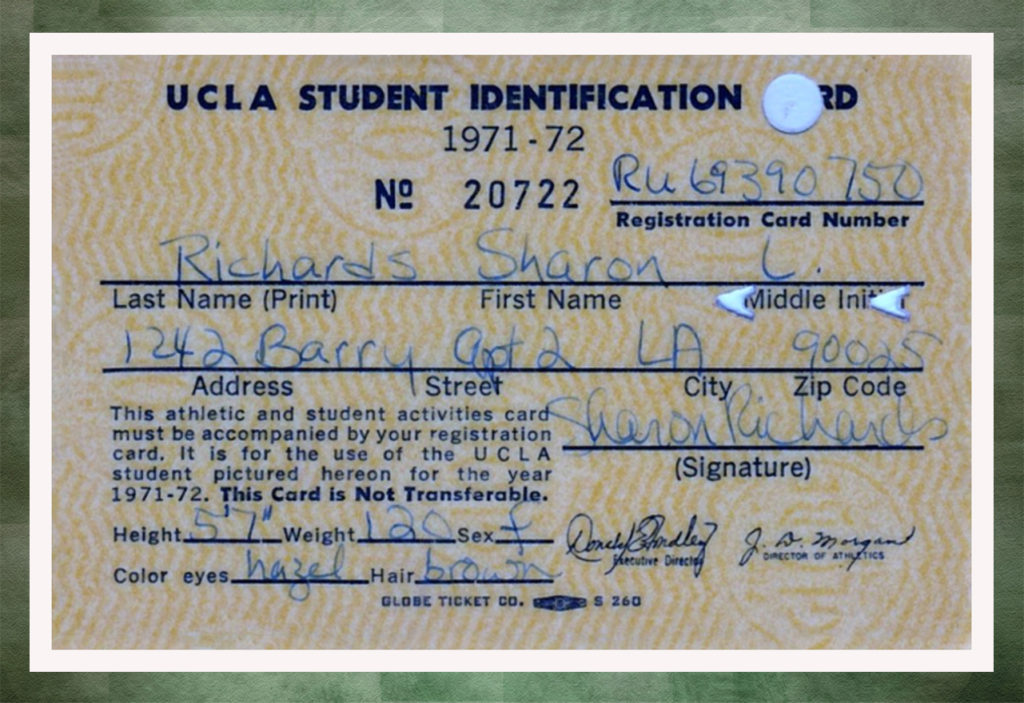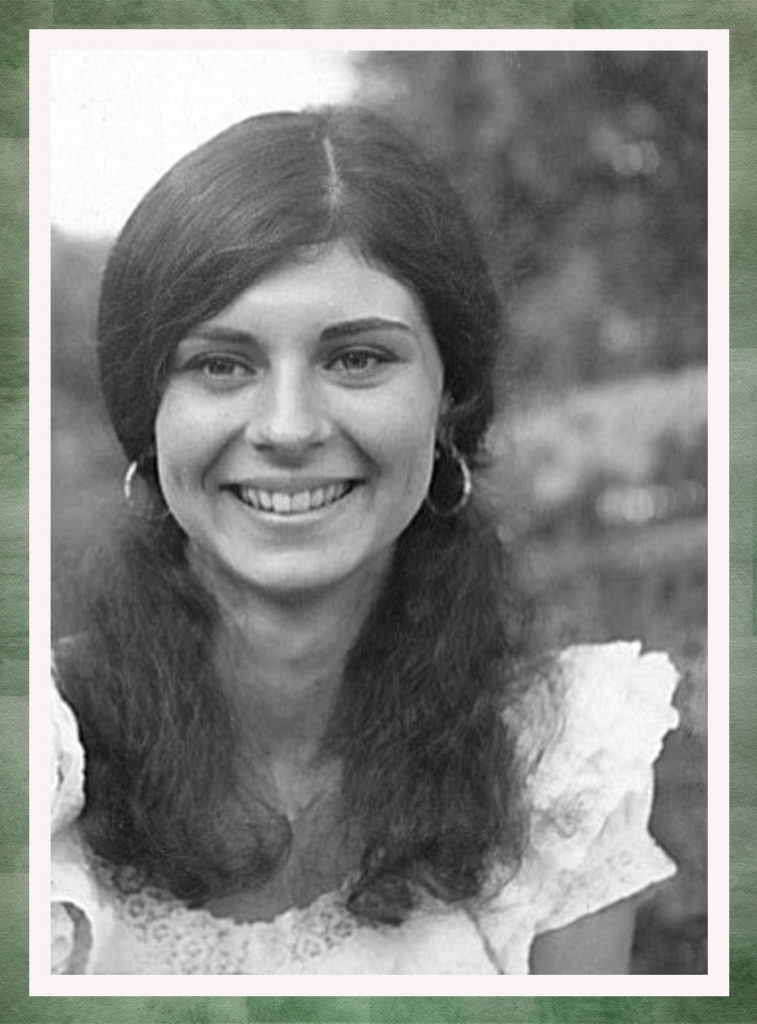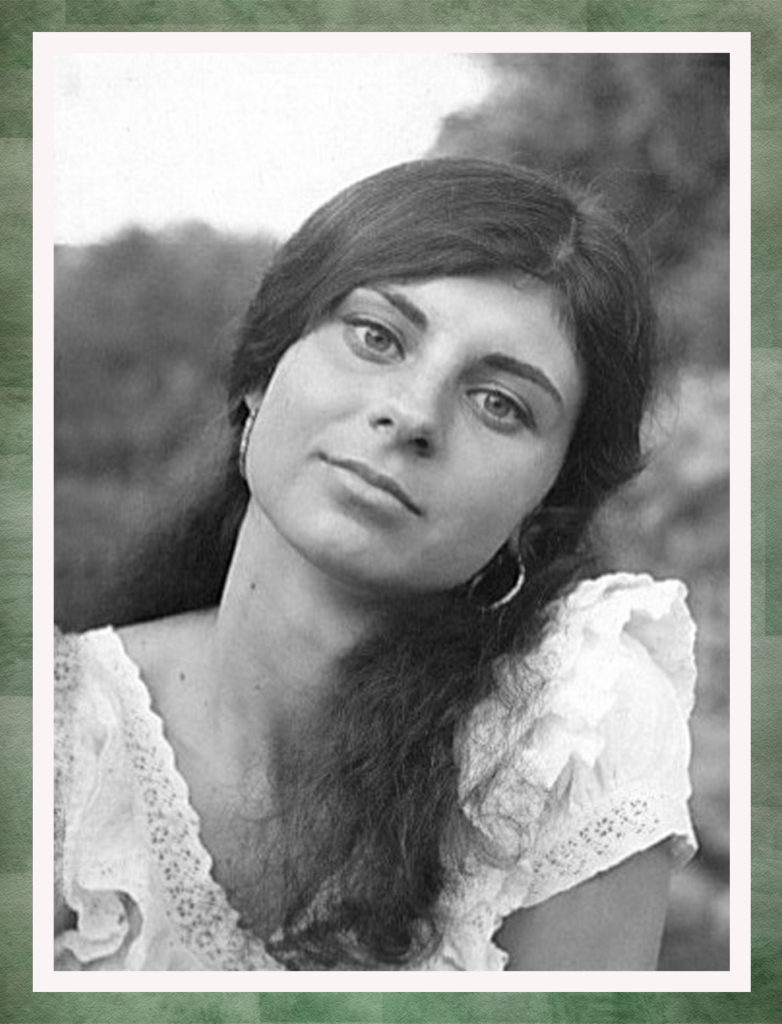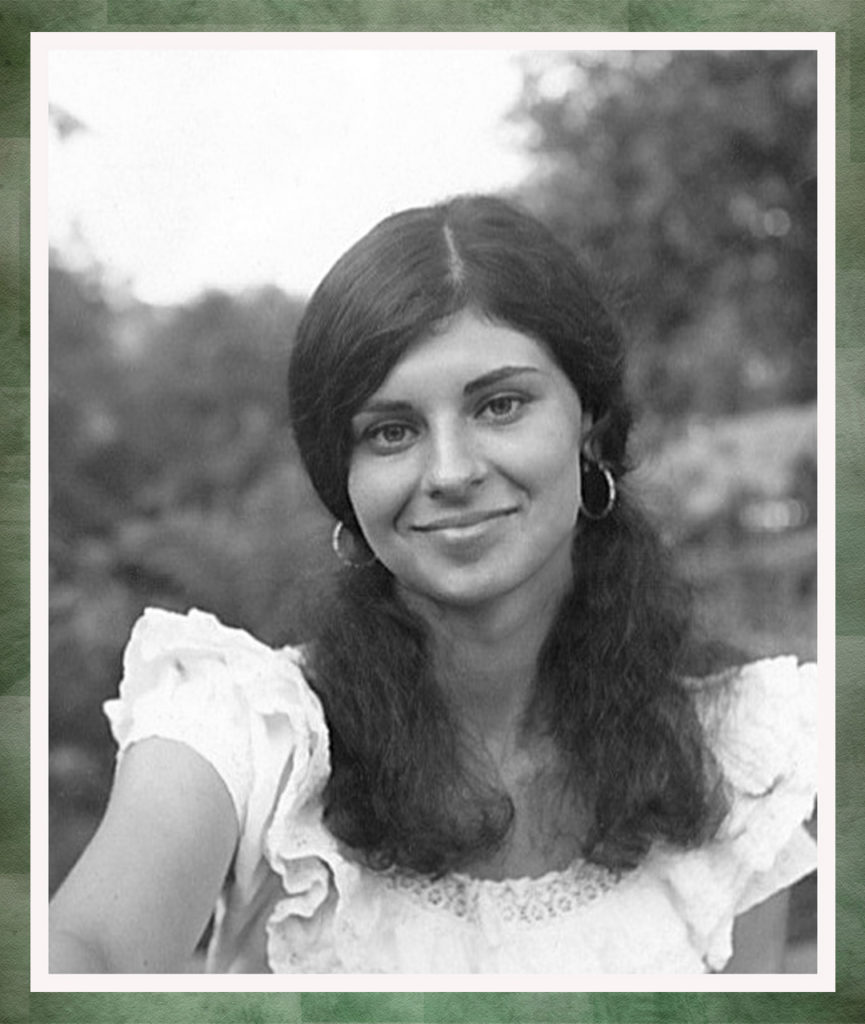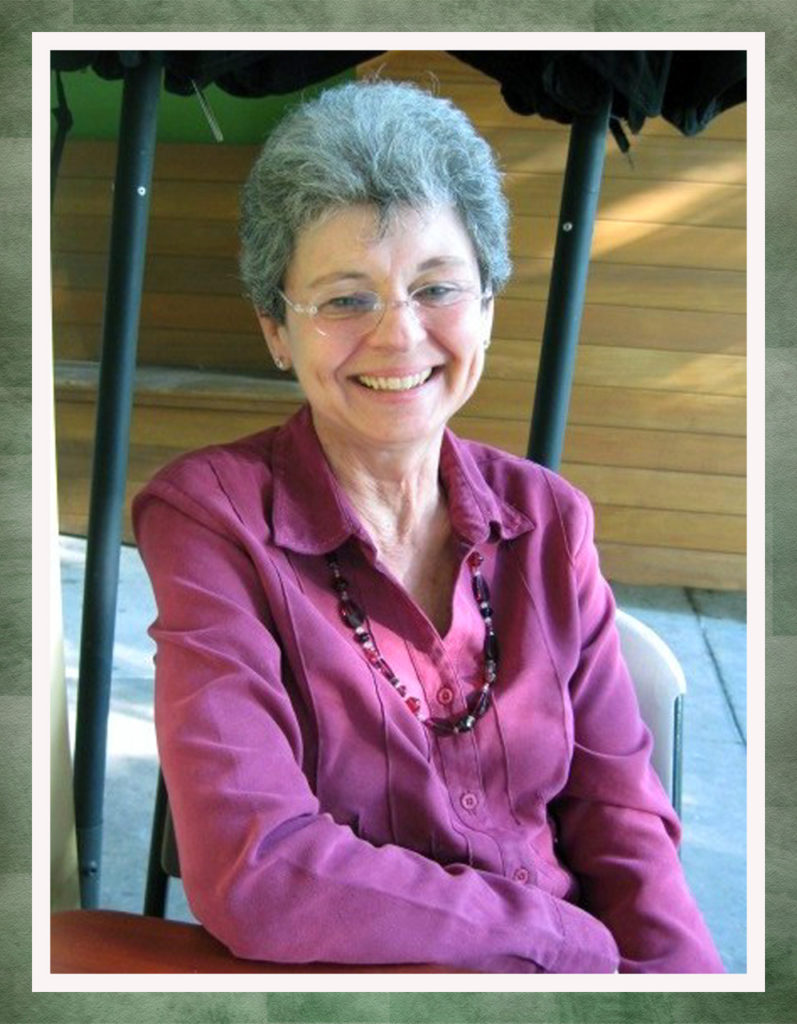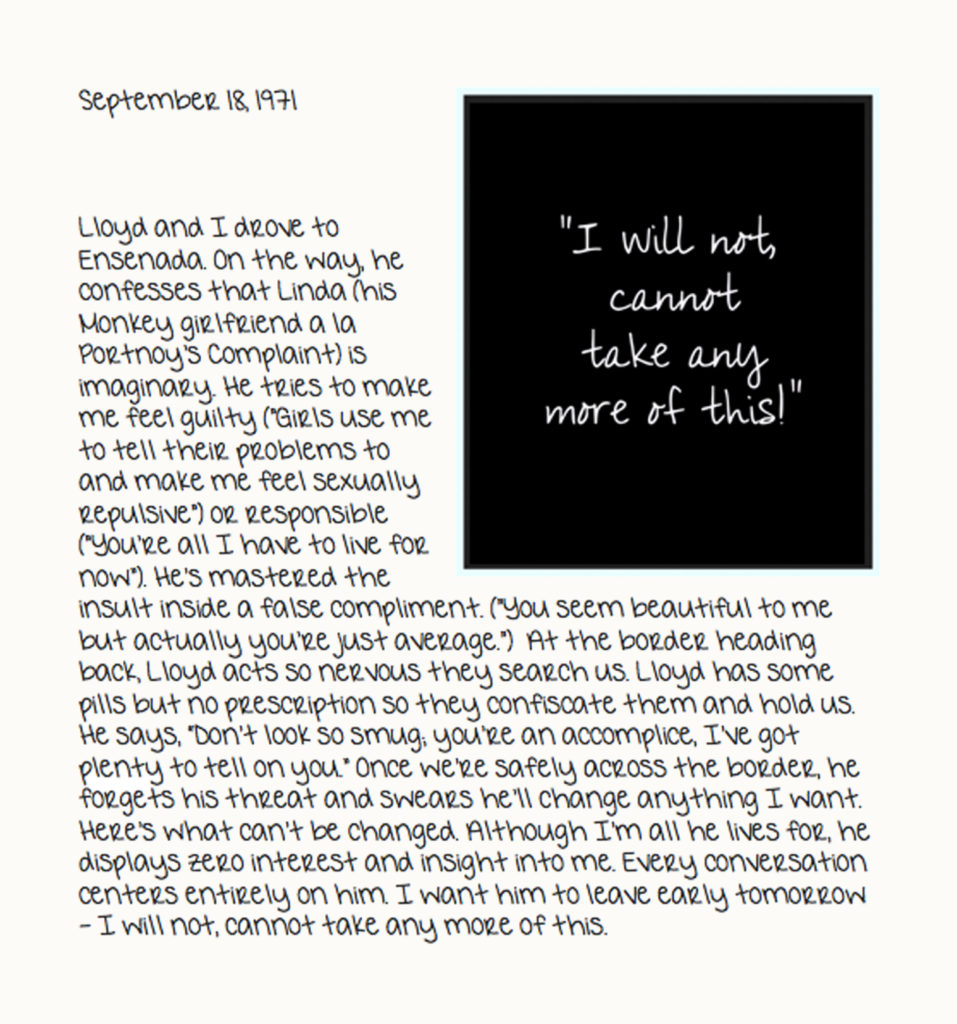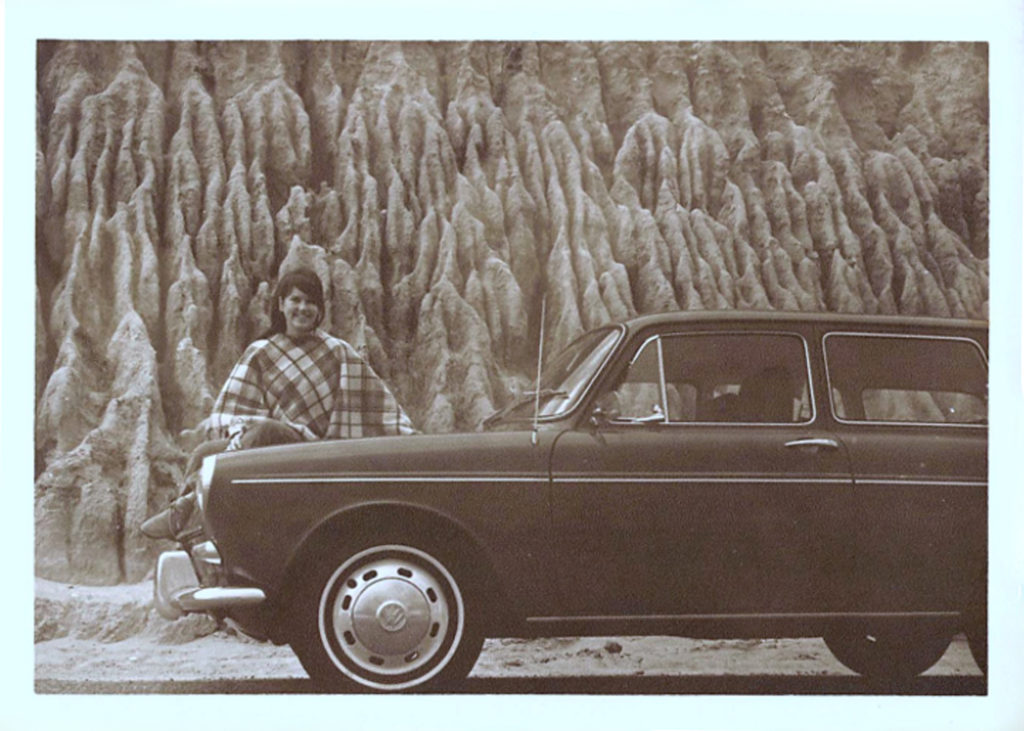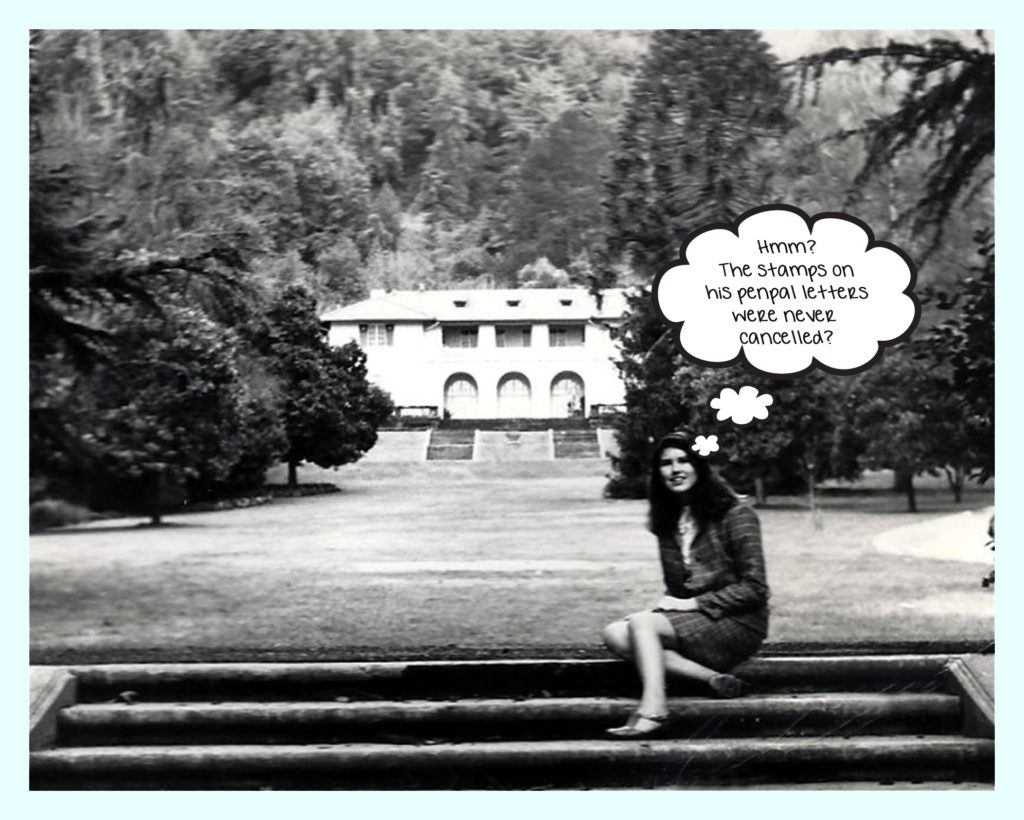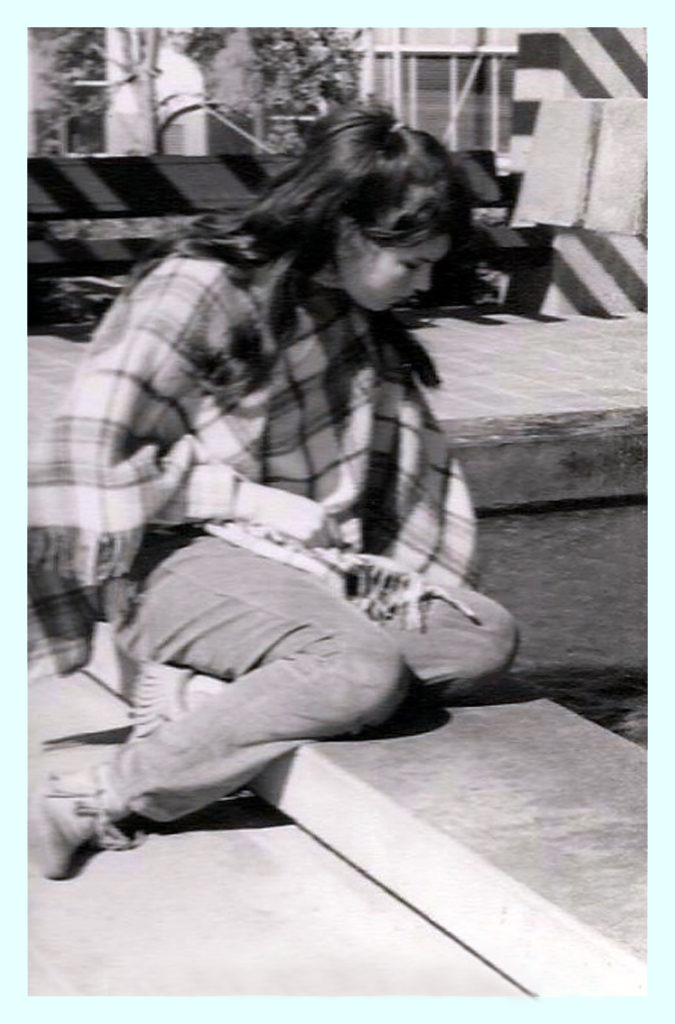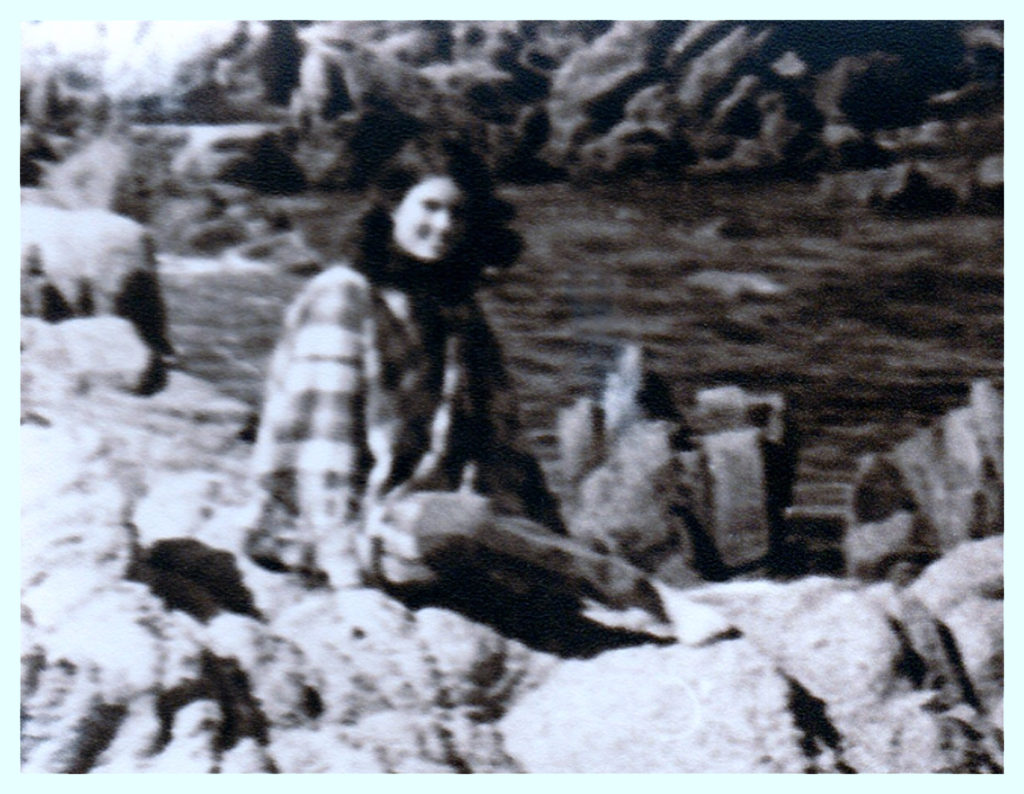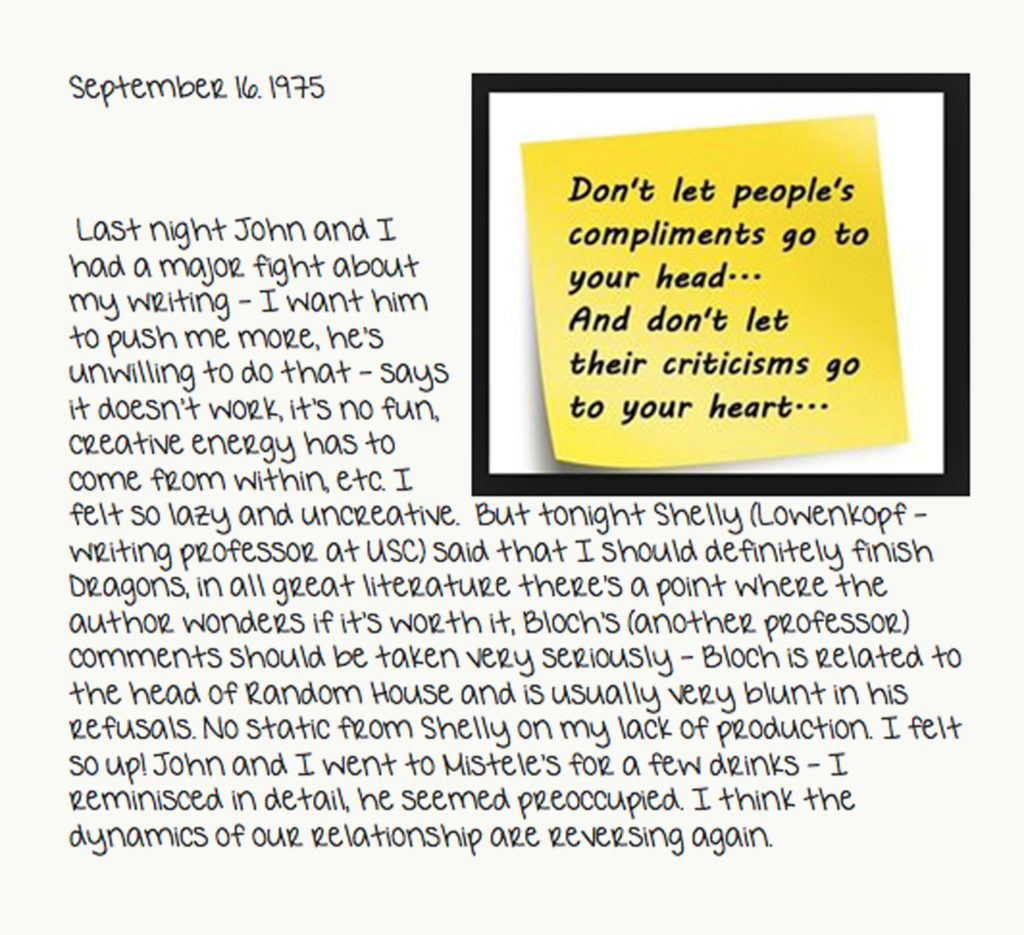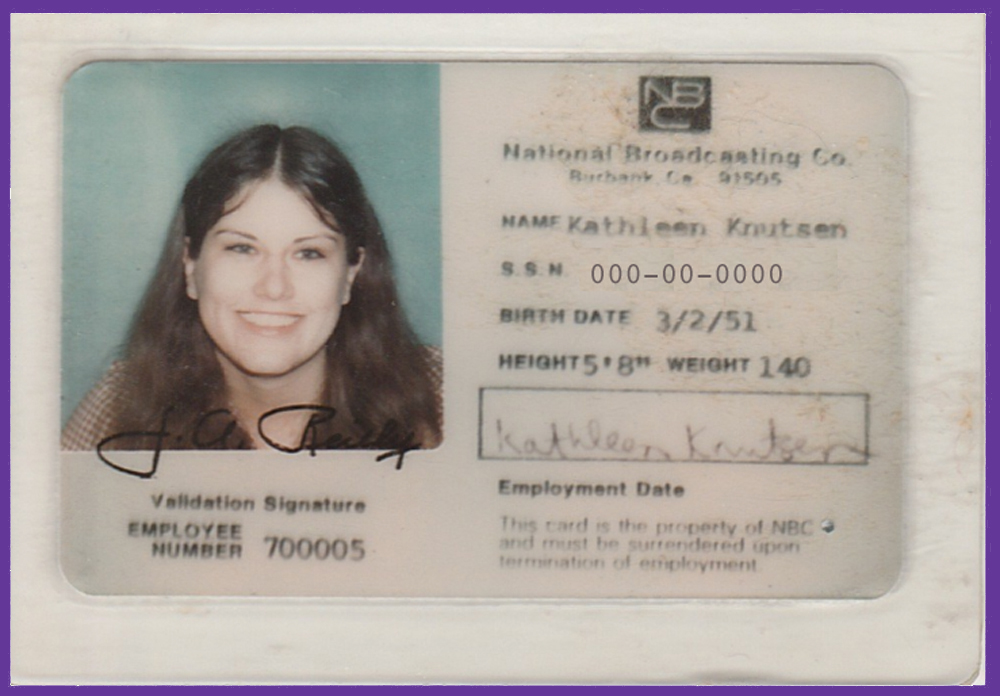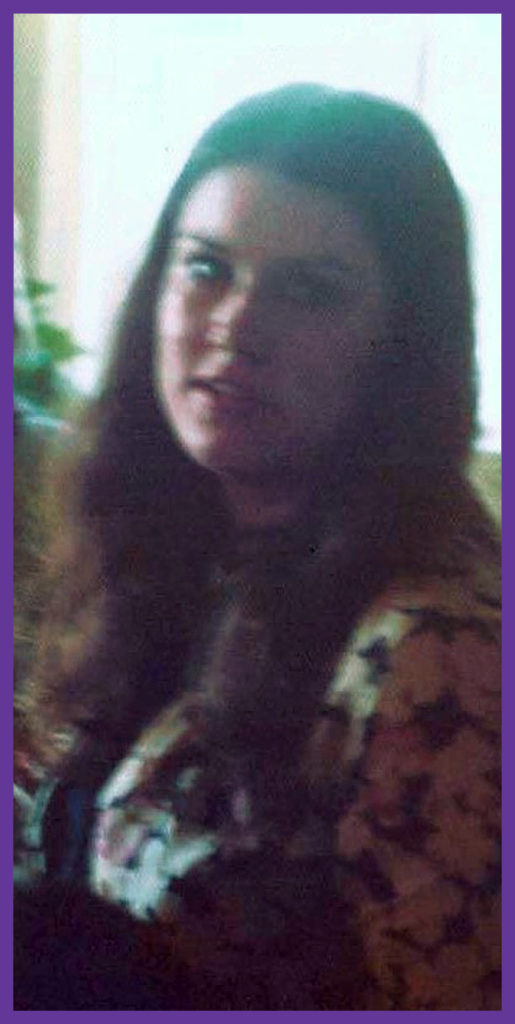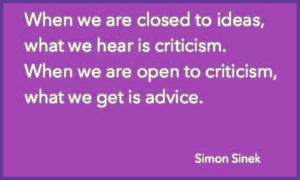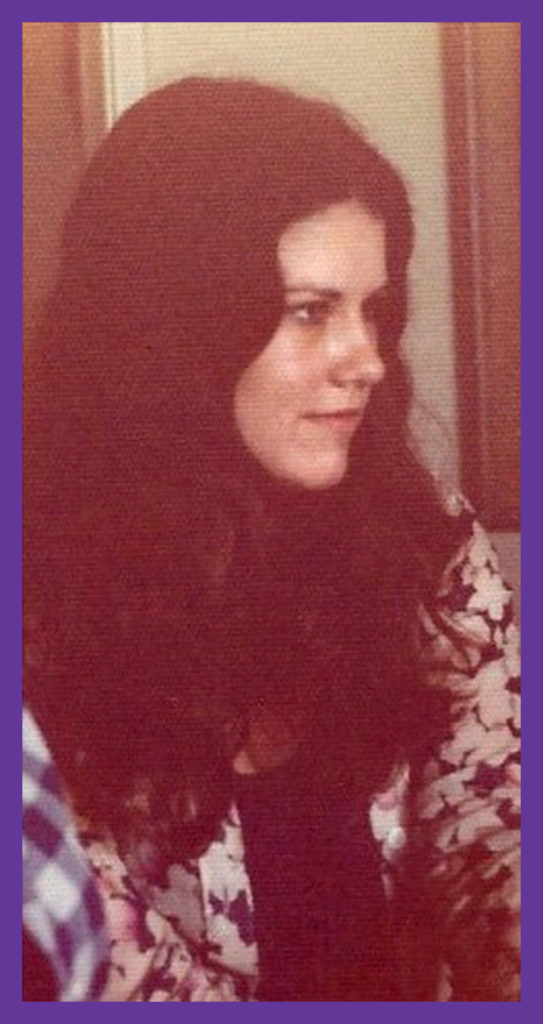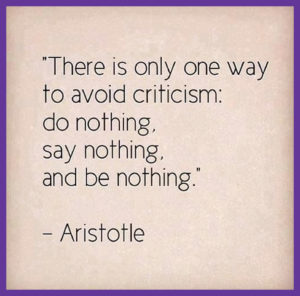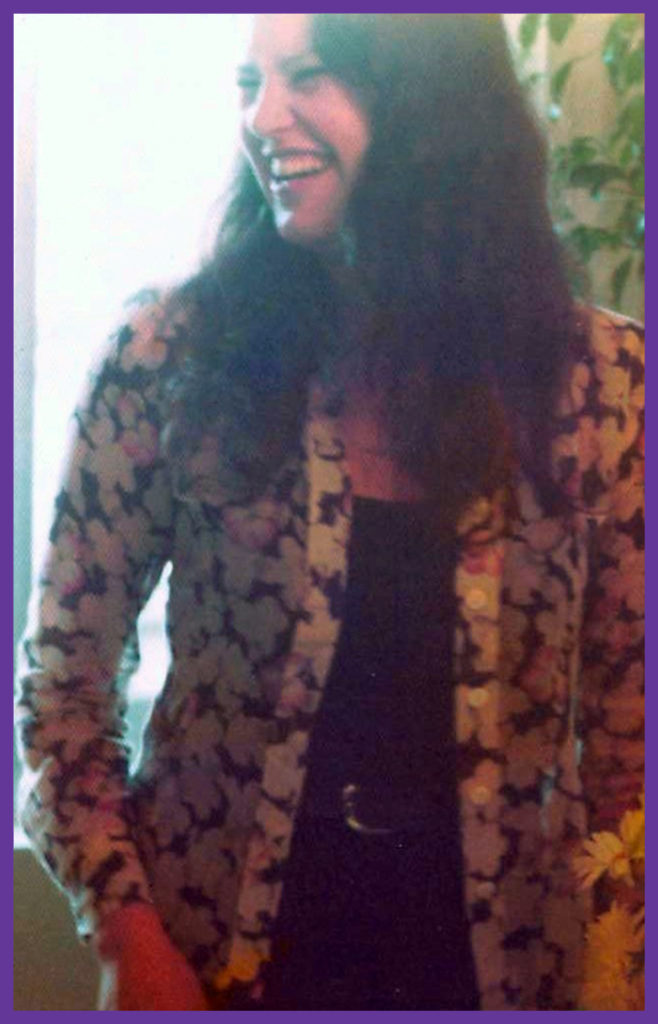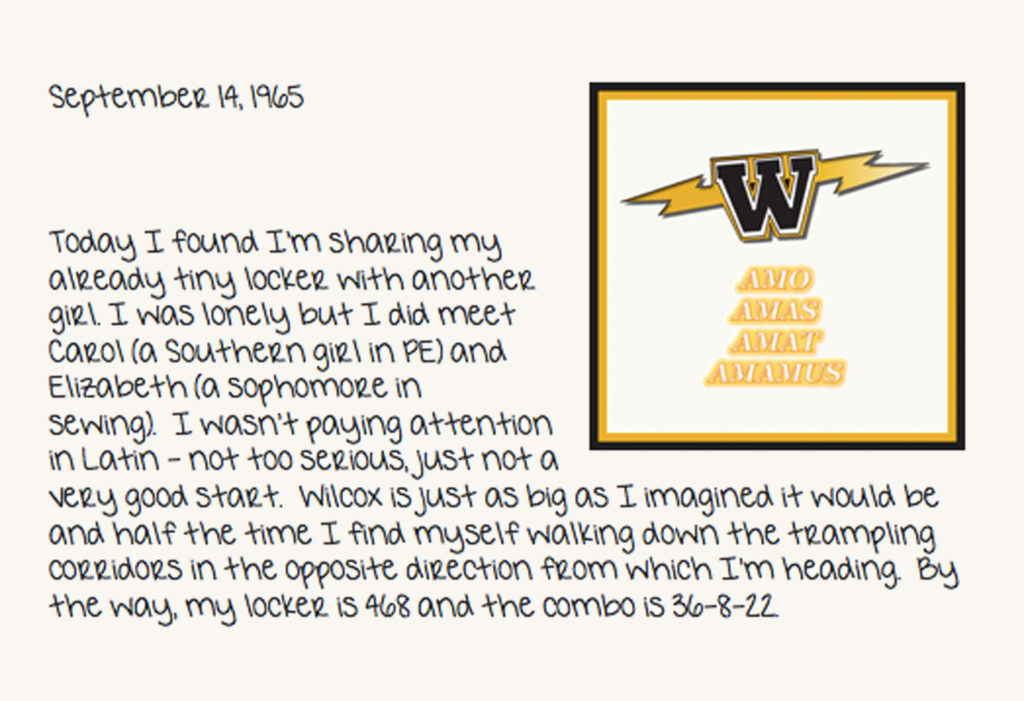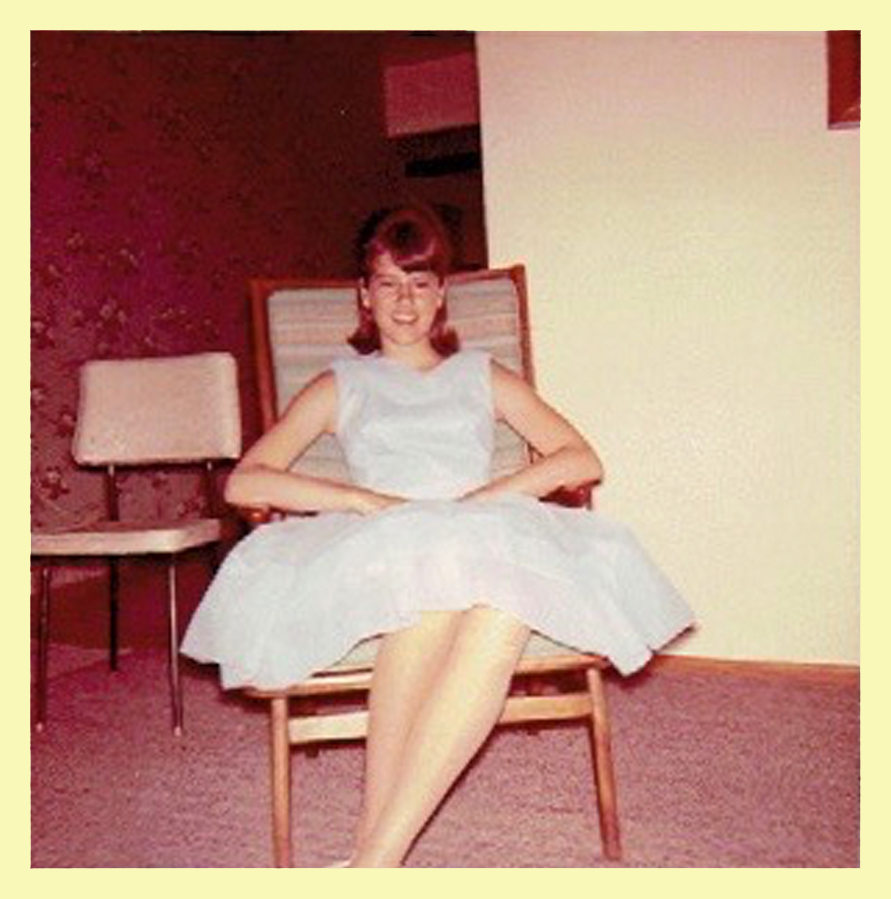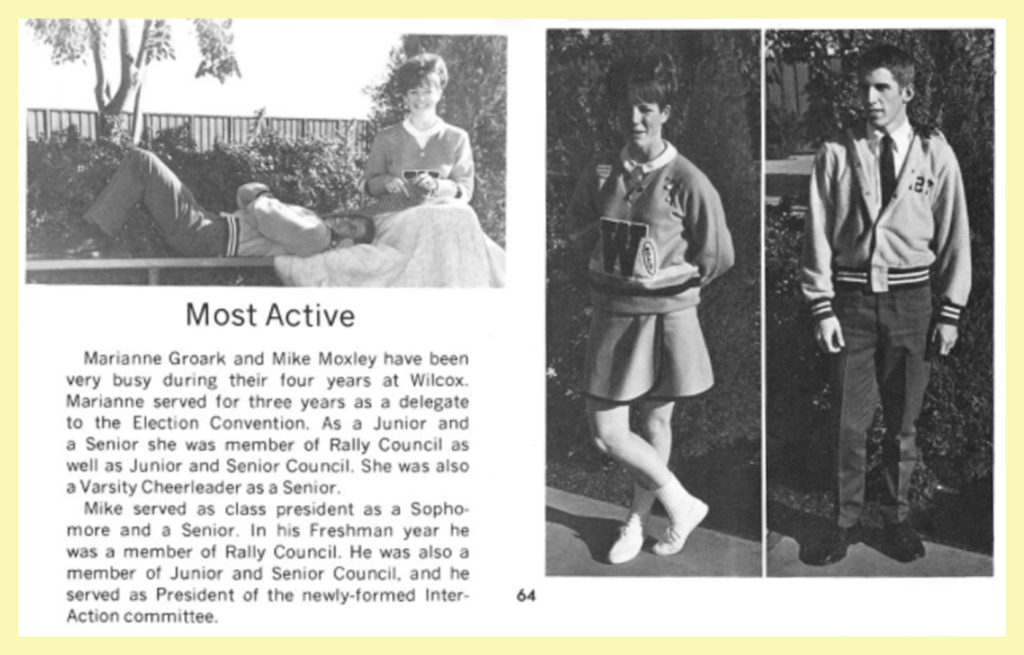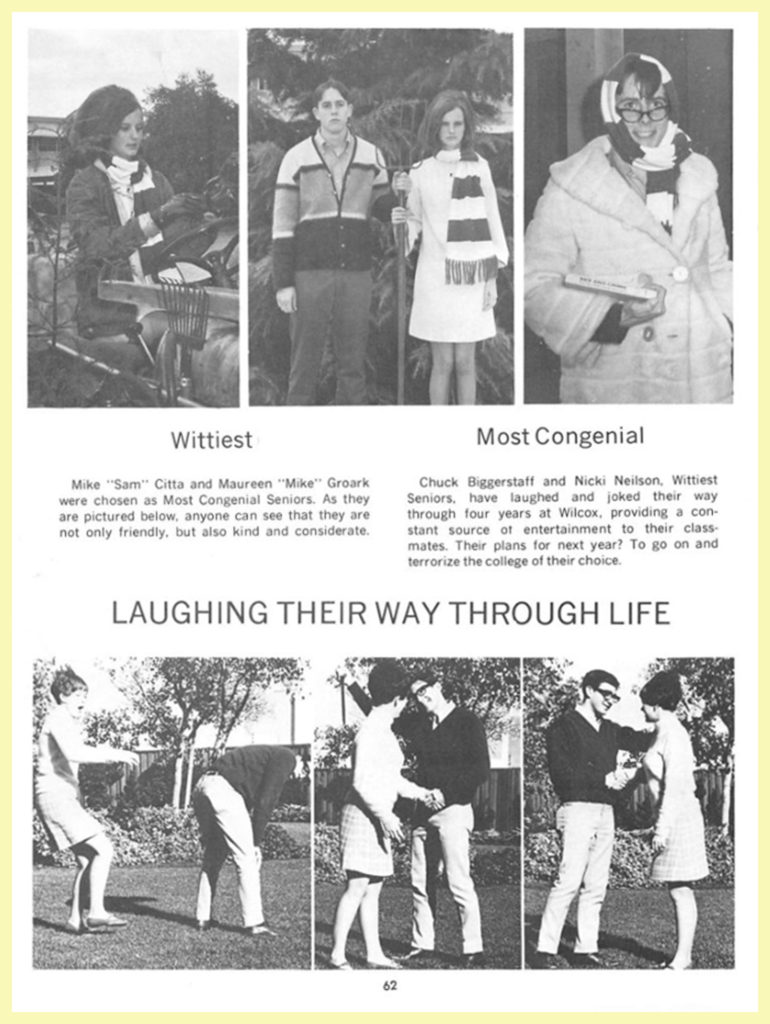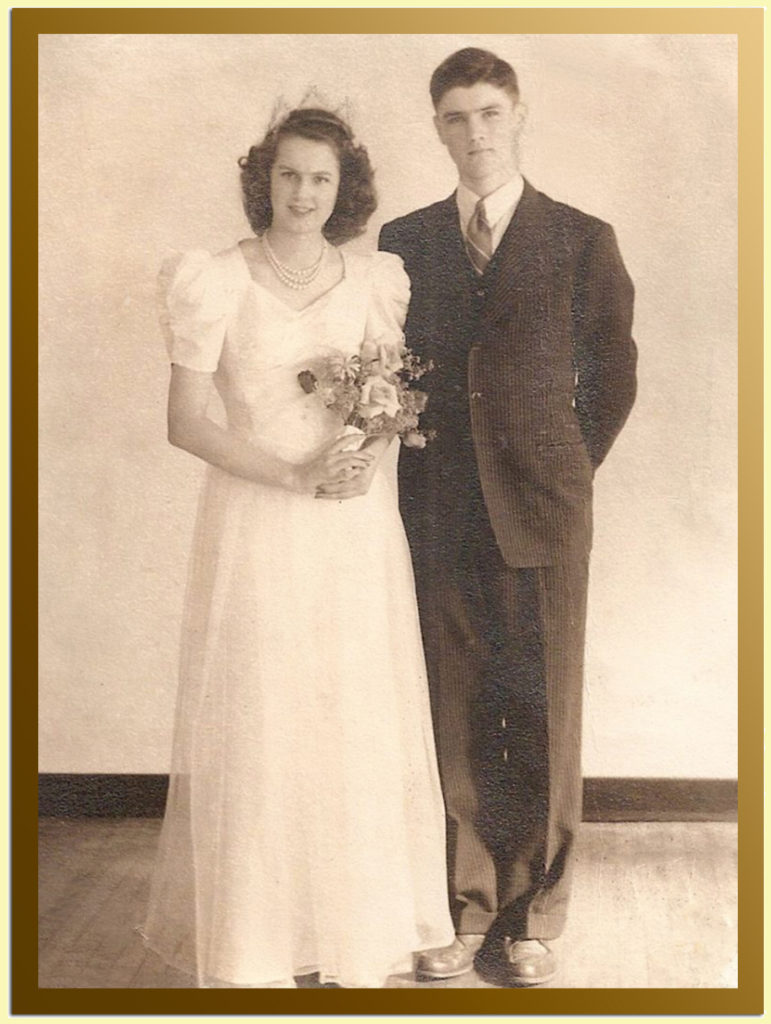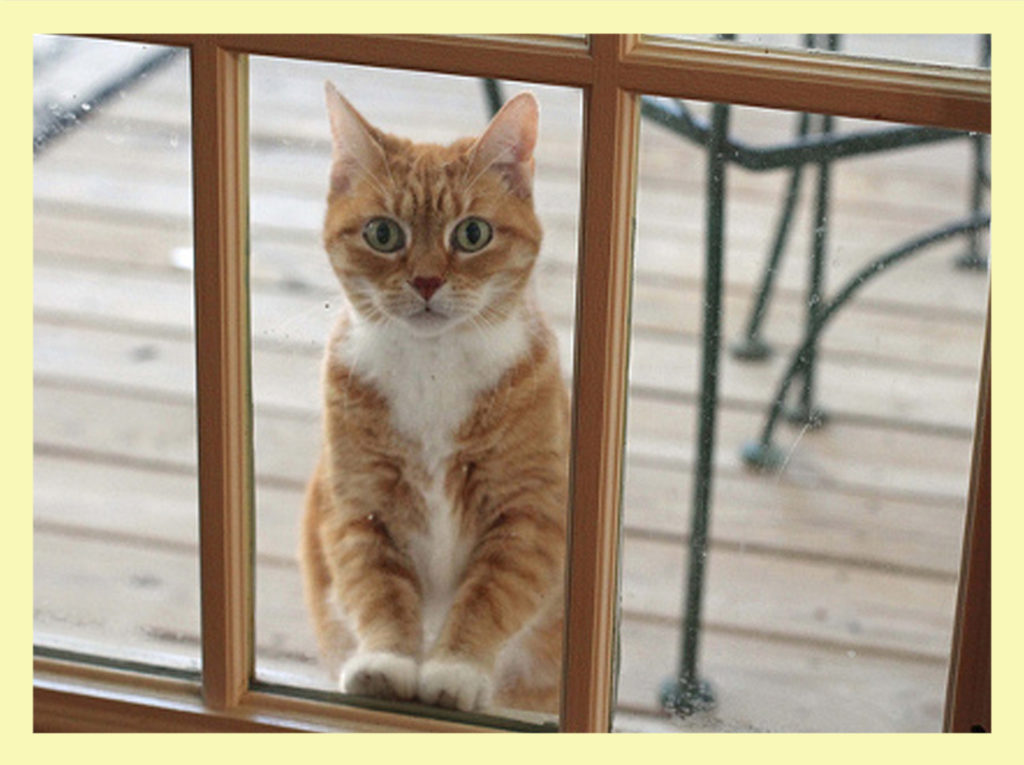Baby Boomers approached the SAT exam far more casually than millennials or gen-Xers. We didn’t hire tutors or spend Saturday afternoons in training seminars practicing multiple choice questions. We faced the exam armed only with our sharpened #2 pencils and took the darn thing cold.
Speaking strictly for myself, I didn’t even review fundamental math concepts[1] – how to determine the circumference of a circle, for example – even though that’s the kind of information I didn’t retain then, forget now. As Peggy Sue observed in Peggy Sue Got Married, my lack of knowledge didn’t hinder me in “real” life.
I didn’t score a perfect 1600 – nobody I knew then did – but I didn’t embarrass myself. Stanford and Yale weren’t going to ply me with scholarships but UCLA said yes (with no scholarship). My score wouldn’t get me through their door today.
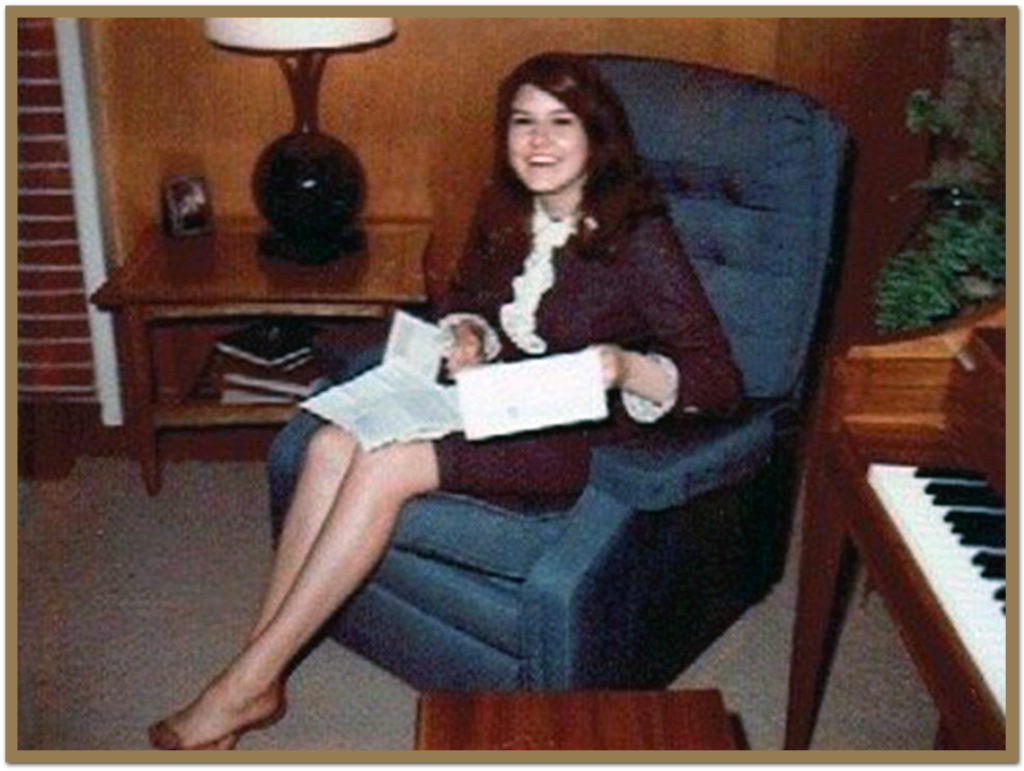
I was good at taking tests but not great like my sisters, both of whom the state of California deemed “Gifted”. Because of Janet’s and Joyce’s impressive IQs, the Board of Education invested considerable time and resources on the assumption I, too, might be a bit gifted. Alas, at best I was “above average” – which isn’t even in the same zip code as “gifted”.
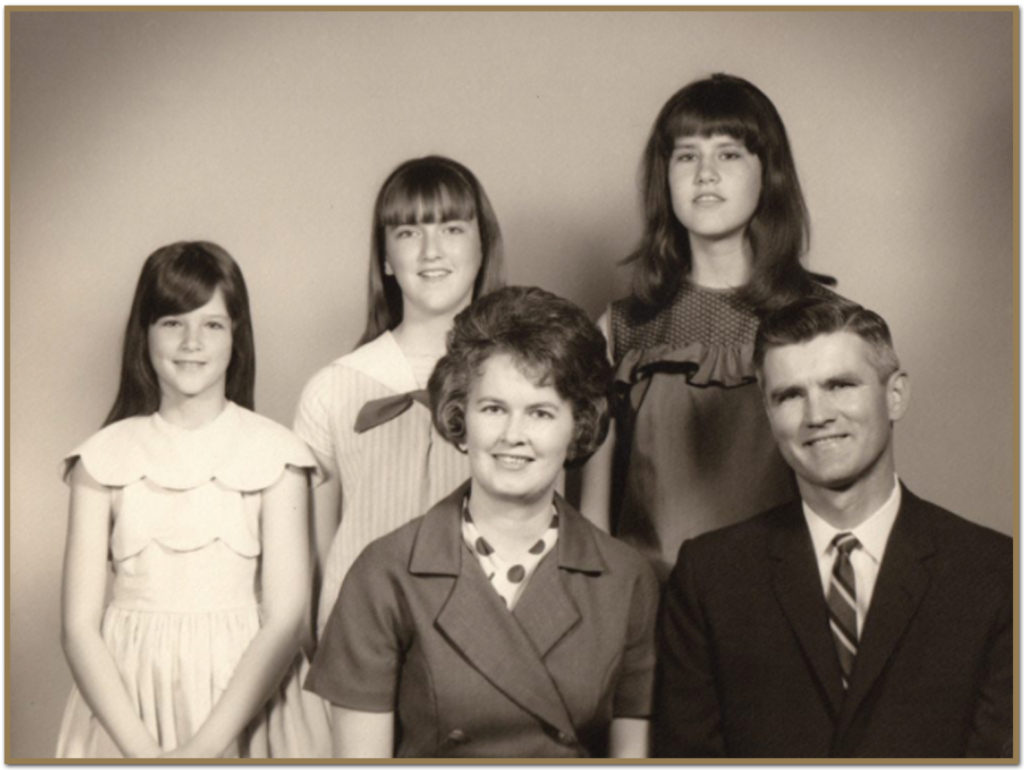
Did it bother me, being the dumbest Knutsen sister? Not as much as you’d think, since I was the oldest – so by default, the wisest. I suspect my IQ was sabotaged by my abysmal performance in “Spatial Reasoning”. How bad am I at Spatial Reasoning? I rank in the 20th percentile, meaning 80% of the entire USA population is smarter at spatial reasoning than me.
There’s always a silver lining, though. I haven’t loaded luggage or groceries in a car trunk for decades. I smile and say, “I’d love to help but I’m terrible at spatial reasoning – and I can prove it.”
[1] I do not recommend this approach.
